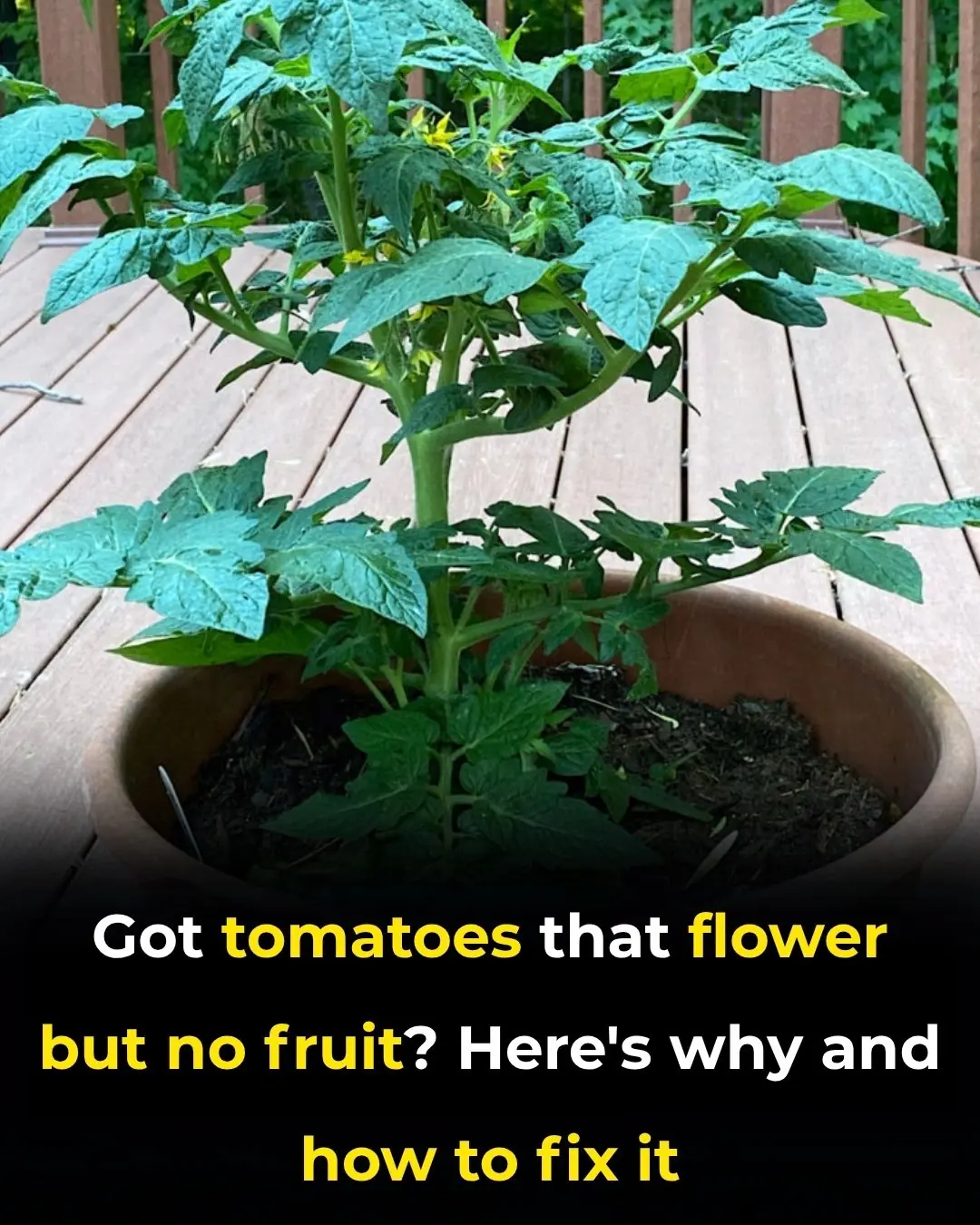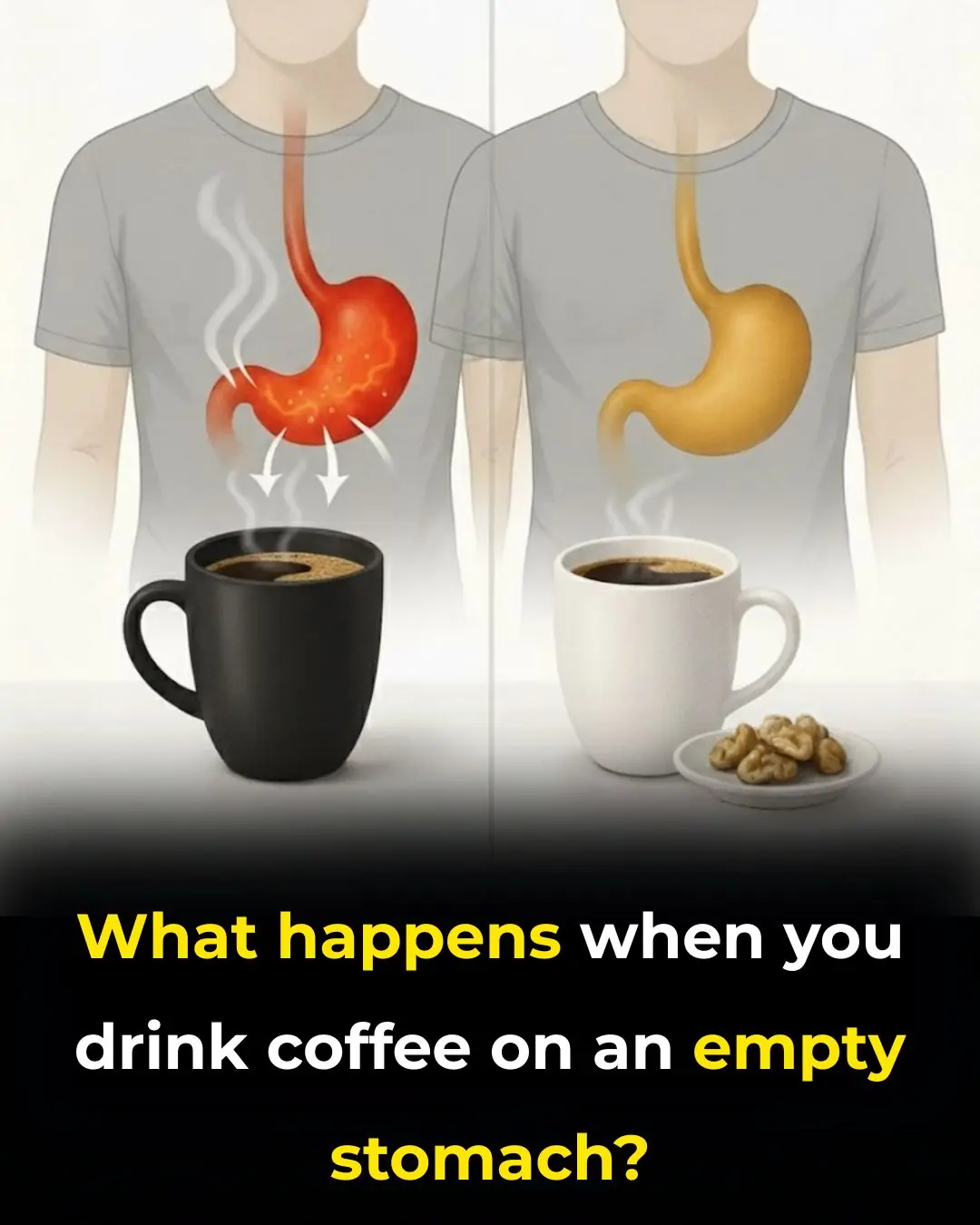
Doctors warn: 4 everyday habits quietly driving heart failure deaths higher — and what to do about it

When was the last time you truly stopped to think about your heart? Not just in a passing way, but really thought about this extraordinary muscle that beats more than 100,000 times a day, sending oxygen-rich blood to every cell in your body — every second of your life. It works tirelessly, day and night, whether you’re awake, asleep, stressed, or calm. You never have to remind it what to do; it just keeps going.
And yet, for most of us, we only think about our heart when something goes wrong — when a doctor mentions high blood pressure, or when a loved one suffers a heart attack. Sadly, for many, the first sign of heart disease is the last — a sudden, life-ending cardiac event.
Heart disease remains the number one killer in the world, claiming more lives every year than any other cause. According to the World Health Organization, deaths from ischemic heart disease have risen from 2.7 million in 2000 to over 9 million by 2021, a shocking and tragic increase. The most frightening part? It’s often a silent disease — quietly progressing for decades, fueled by everyday habits that seem harmless on the surface.
You might think you’re living a fairly healthy lifestyle — maybe you exercise sometimes, try to eat clean, and avoid fast food. But hidden within your daily routine could be behaviors that are quietly putting immense stress on your heart.
In this article, we’ll uncover four of the most common — and most destructive — habits that lead to heart disease and heart failure. My goal is simple: to empower you with awareness, give you practical tools to protect your heart, and inspire you to take charge of your health before it’s too late.
Your heart never takes a break for you — so it’s time to start showing it the same loyalty.
Key Takeaways
Rethink Your Drink: Even “occasional” or weekend binge drinking can severely damage your heart. Alcohol weakens the heart muscle, disrupts its rhythm, and raises blood pressure. The safest amount for your heart is none.
Beware of Hidden Salt: Most sodium isn’t from your salt shaker — it’s lurking in processed foods like bread, sauces, and cereals. Too much sodium silently raises blood pressure, stiffens arteries, and strains your heart.
Prioritize Quality Sleep: Skimping on sleep keeps your body in stress mode, increasing inflammation, blood pressure, and insulin resistance. Your heart needs 7–9 hours of restful sleep to recover.
Sitting Is a Serious Threat: Sitting for long hours — even if you work out — reduces circulation and promotes plaque buildup. Movement throughout the day is as important as exercise itself.
1. You’re Drinking Too Much (Even if It’s Just on Weekends)
The “work hard, play hard” mentality might sound balanced — but your heart doesn’t see it that way. Many people eat well and avoid alcohol during the week, only to binge on weekends. Unfortunately, the heart can’t “average out” your good and bad days.
According to cardiologist Dr. Dmitry Yaranov, even a single night of heavy drinking sends your cardiovascular system into chaos. Binge drinking — four or more drinks for women, five or more for men in about two hours — triggers sudden spikes in blood pressure and can disrupt your heart’s rhythm, leading to a dangerous condition known as atrial fibrillation (AFib). Over time, repeated exposure can cause dilated cardiomyopathy, where the heart becomes stretched, weak, and unable to pump blood efficiently.
The truth is, there is no truly safe level of alcohol for heart health. While old guidelines allowed “moderation” (one drink per day for women, two for men), the World Heart Federation now confirms that even moderate drinking increases the risk of heart disease.
A “standard drink” equals 12 oz of 5% beer, 5 oz of 12% wine, or 1.5 oz of spirits — but few people actually stop at one. The best strategy for your heart is to significantly reduce alcohol or cut it out entirely.
Your heart doesn’t care whether it’s a Tuesday or a Saturday — damage is damage. Swap that extra drink for water or sparkling water with lemon, and you’ll be giving your heart a much-needed break.
2. You’re on a High-Sodium Diet (and You Don’t Even Know It)
When most people think of salt, they imagine sprinkling it on fries or soup. But that’s only a small fraction of the problem. The vast majority of sodium we consume — about 70% — comes from processed and packaged foods, often the ones that don’t even taste salty.
Bread, breakfast cereals, canned soups, sauces, condiments, and even “healthy” frozen meals are packed with hidden sodium. Once inside your body, excess sodium causes you to retain water, increasing your blood volume. That’s like turning up the pressure in a water hose — over time, your arteries stiffen, and your heart has to work harder to pump blood through them. This constant pressure is what makes high blood pressure the “silent killer.”
The Dietary Guidelines for Americans recommend keeping sodium below 2,300 mg per day (about one teaspoon of salt). But many people unknowingly consume double or triple that amount. For those with hypertension or kidney issues, experts recommend limiting sodium to 1,500 mg daily.
To reduce sodium and protect your arteries:
-
Cook more at home with fresh ingredients.
-
Read labels carefully — “low sodium” doesn’t always mean low.
-
Rinse canned beans and vegetables before eating to remove up to 40% of the sodium.
-
Flavor with herbs and spices like garlic, turmeric, rosemary, and lemon instead of salt.
As nutrition researcher Dr. Elsie Kodjoe puts it, “Cutting back on sodium is one of the simplest, fastest ways to reduce your risk of cardiovascular disease.”
Every gram you cut helps your arteries relax — and that means less strain on your heart.
3. You’re Not Getting Enough Quality Sleep
In our fast-paced world, sleep has become a badge of honor to sacrifice — as if getting by on five hours somehow proves strength. But your heart doesn’t agree. Skipping sleep forces it to work overtime, without ever getting the chance to recover.
During deep, restful sleep, your heart rate and blood pressure naturally drop, allowing your cardiovascular system to recharge. When you consistently sleep less than 7 hours a night, your body produces more cortisol, the stress hormone that keeps you in a constant state of alert.
According to Dr. Elizabeth Klodas, chronic sleep deprivation “reduces your tissue sensitivity to insulin,” which can lead to elevated blood sugar, higher cholesterol, and chronic inflammation — a perfect storm for heart disease.
It’s not just how long you sleep, but how well you sleep. Quality sleep improves your heart rhythm, lowers blood pressure, and balances hormones that regulate appetite and stress.
Try these heart-friendly sleep habits:
-
Stick to a consistent sleep and wake schedule (even on weekends).
-
Keep your bedroom cool, dark, and quiet.
-
Avoid caffeine and alcohol after 2 p.m.
-
Shut down screens an hour before bed — blue light blocks melatonin production.
Your body can survive without food for weeks, but not without sleep. Think of every night’s rest as a life-saving gift to your heart.
4. You’re Living a Sedentary Lifestyle
You might go to the gym a few times a week and think you’re doing fine — but what about the other 23 hours of your day? Prolonged sitting has now been labeled one of the most dangerous modern habits, with research showing it’s an independent risk factor for heart disease, even if you exercise.
A 2022 global study involving more than 100,000 participants found that sitting for six to eight hours a day increases your risk of early death and heart disease by 13%, and sitting more than eight hours raises that risk to 20%.
Why? Because long periods of inactivity reduce blood flow, especially to your legs, making it easier for clots and plaque to form. Your metabolism slows, insulin sensitivity decreases, and blood pressure rises — all of which strain your cardiovascular system.
As Dr. Nicholas Ruthmann from the Cleveland Clinic reminds us, “The heart is a muscle like any other. If you don’t use it, it weakens.”
Here’s how to fight back:
-
Aim for at least 150 minutes of moderate activity per week (brisk walking, swimming, cycling).
-
Break up your sitting time — stand or walk for 3–5 minutes every 30 minutes.
-
Take the stairs, park farther away, or do light stretches between tasks.
-
If you work at a desk, try a standing desk or walking meetings.
Movement isn’t just about exercise — it’s about rhythm, flow, and vitality. Every step helps your blood circulate and your heart grow stronger.
Conclusion: Protecting the Muscle That Protects You
Your heart works without rest — it never takes a day off, never complains, and never asks for thanks. But it depends on your daily choices to stay strong.
As we’ve seen, the most dangerous habits — excessive drinking, hidden sodium, lack of sleep, and sitting too much — don’t cause pain right away. They quietly build up over time, until one day, the damage becomes visible in the worst possible way.
The good news? You can start reversing the risk today. You don’t need a massive lifestyle overhaul; just small, consistent steps make all the difference.
Choose water over alcohol. Read one label before you buy. Go to bed 15 minutes earlier. Stand up right now and stretch. Every small, mindful decision adds up — like drops of water that eventually carve stone.
Your heart has given you every beat of your life so far. Give it the care it deserves, and it will keep beating strong — not just for years, but for decades to come. ❤️
News in the same category

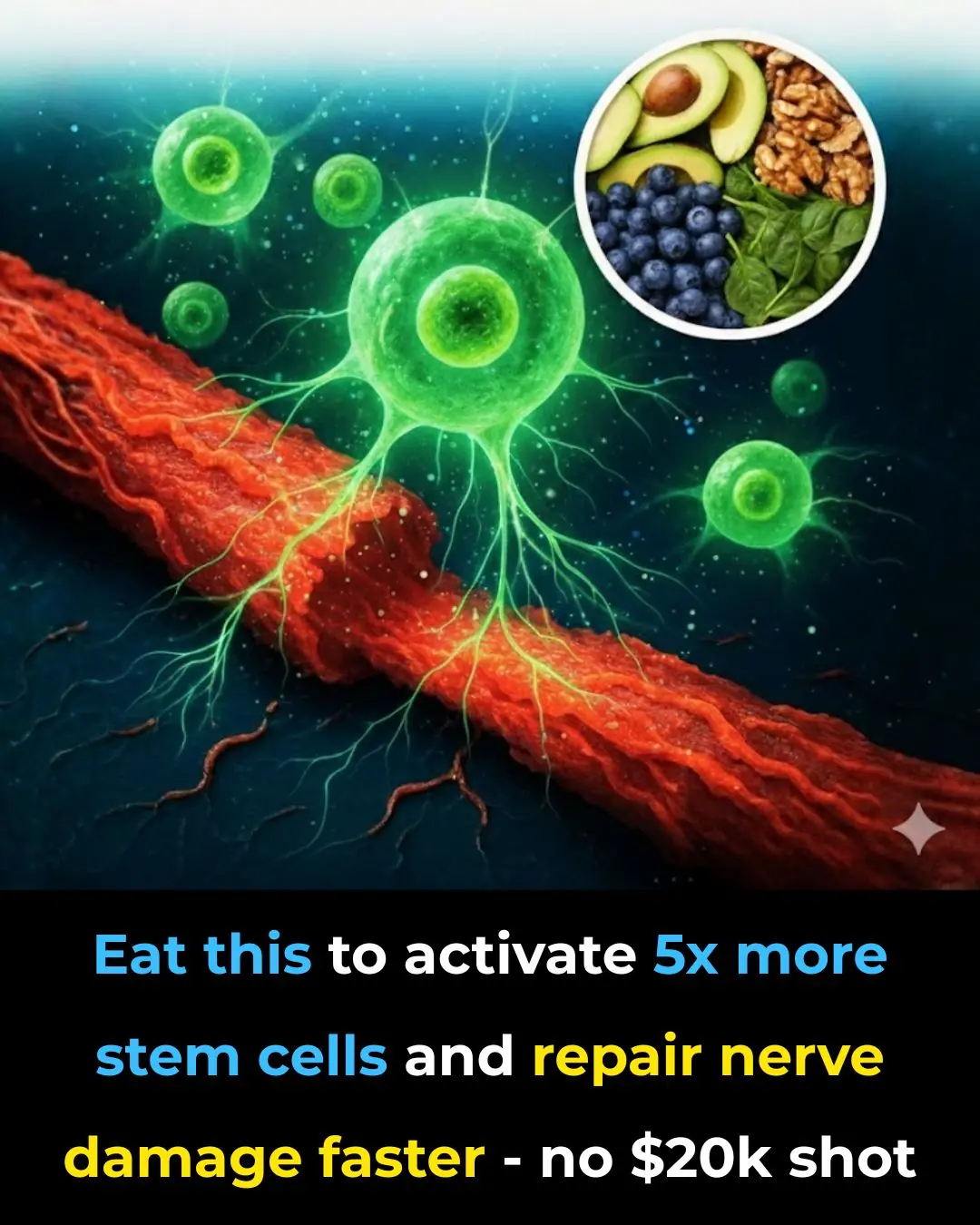
Eat this to activate 5x more stem cells and repair nerve damage faster — no $20k shot

🌿 Natural Ways to Fight Bad Breath & Tonsil Stones — Safely and Effectively

Canadian Researchers Discover New Evidence That Vitamin D Shuts Down Cancer Cells

Eat this to activate 5x more stem cells and repair nerve damage faster — no $20k shot

4 Amazing Benefits Of Cloves For Skin & Hair

Best Natural Home Remedies To Safely Remove Skin Tags
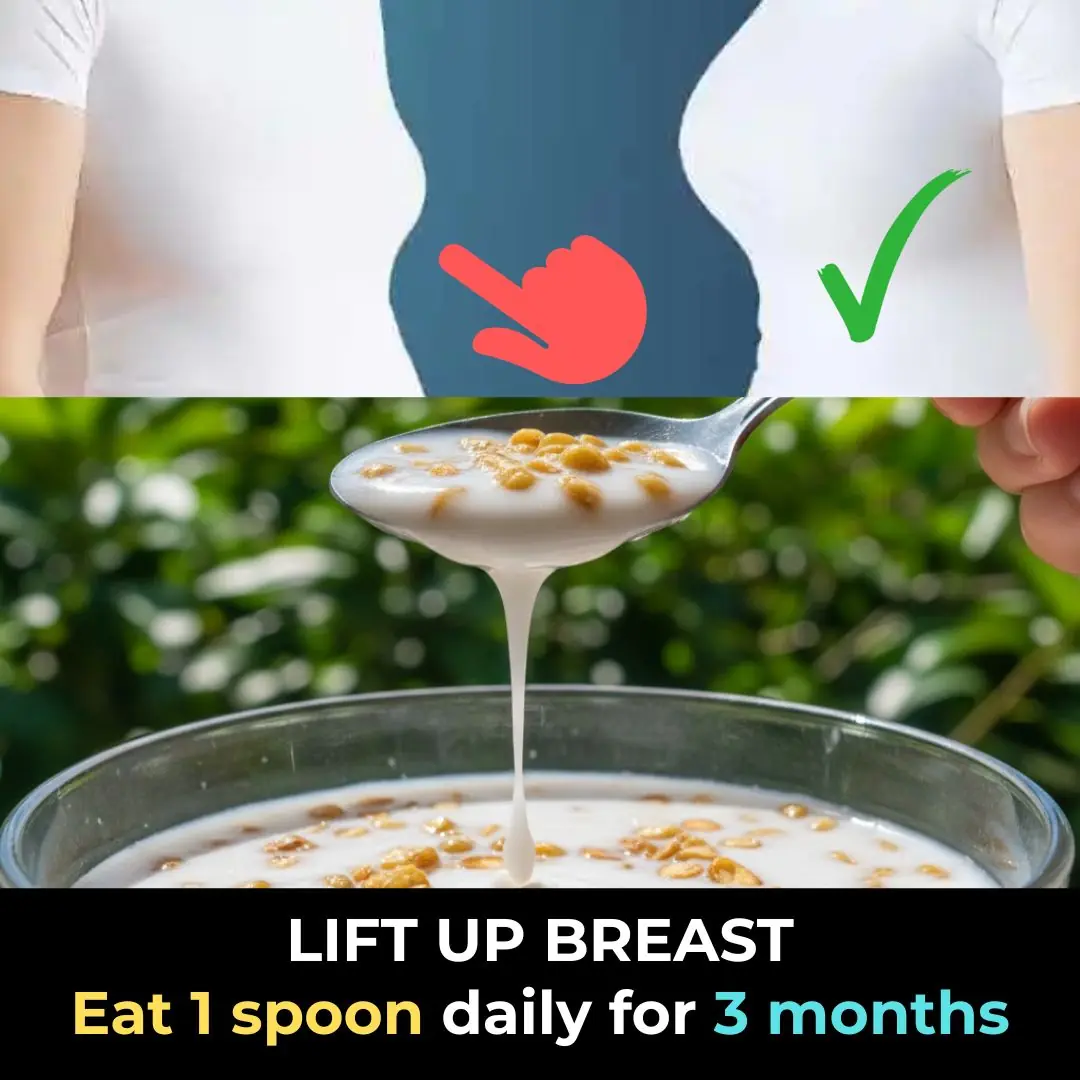
Natural Ways For Breast Enhancement
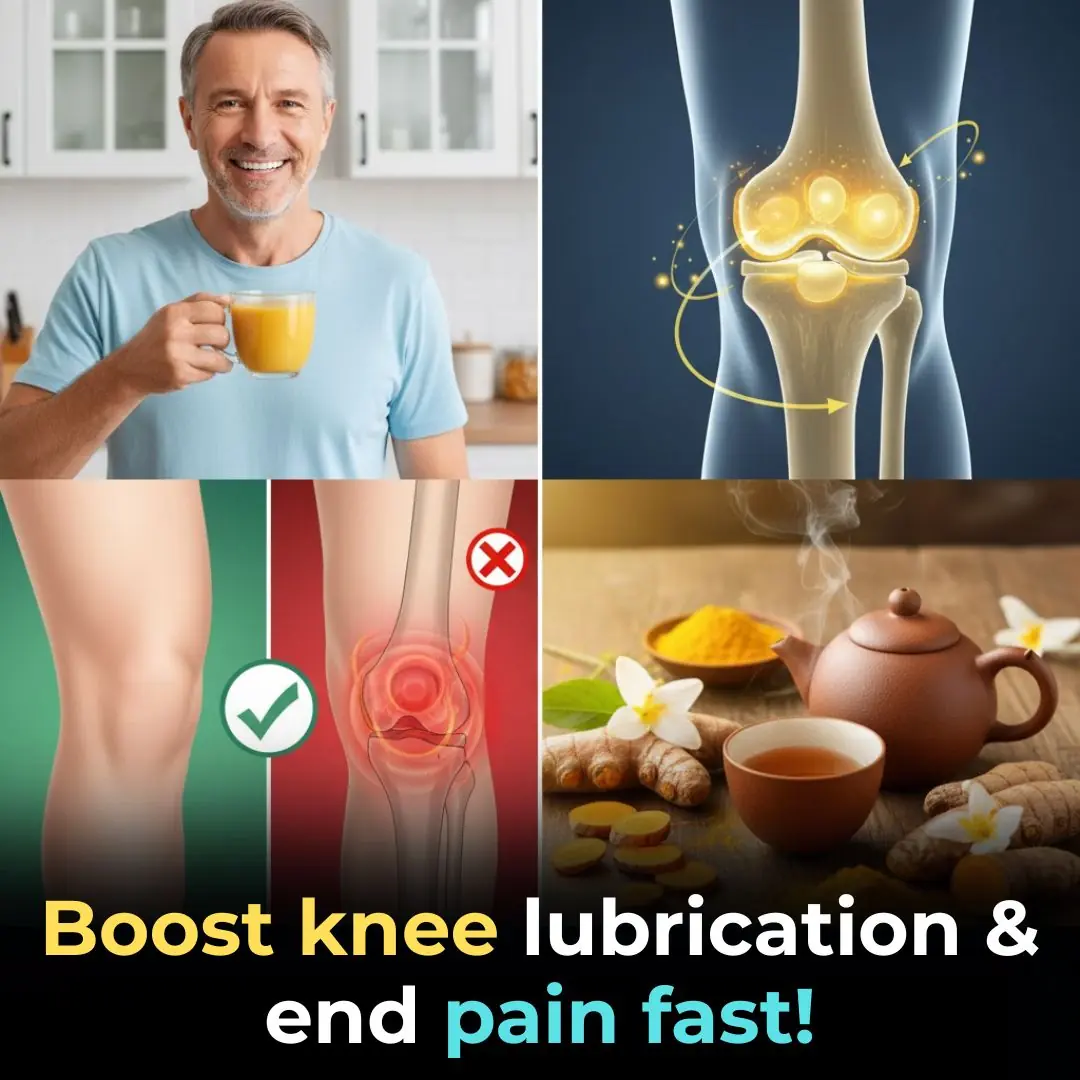
The Golden Morning Elixir That Melts Joint Pain Like Butter – One Cup Daily Unlocks Pain-Free Movement in Just Days!
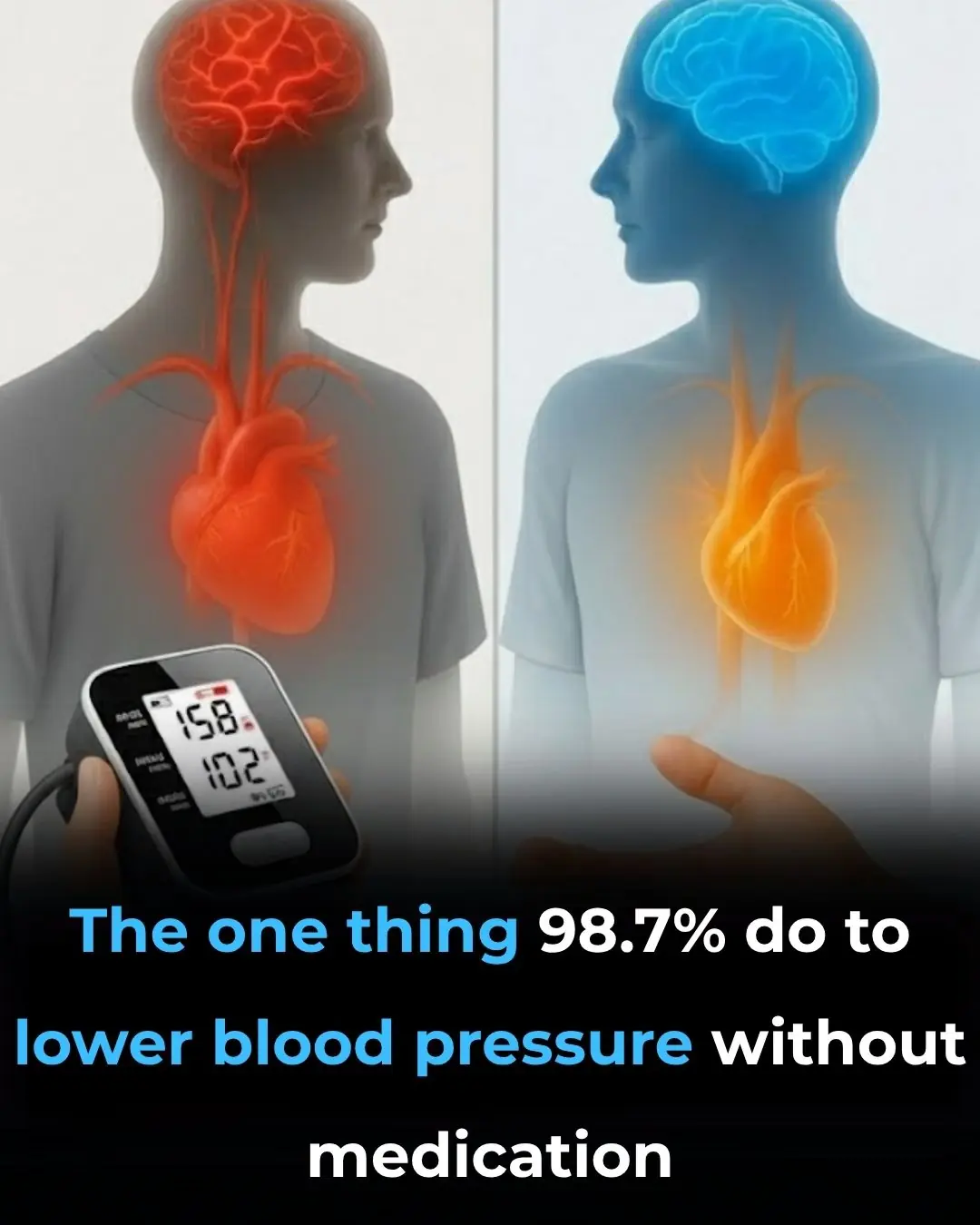
The one thing 98.7% of people do to lower blood pressure without medication
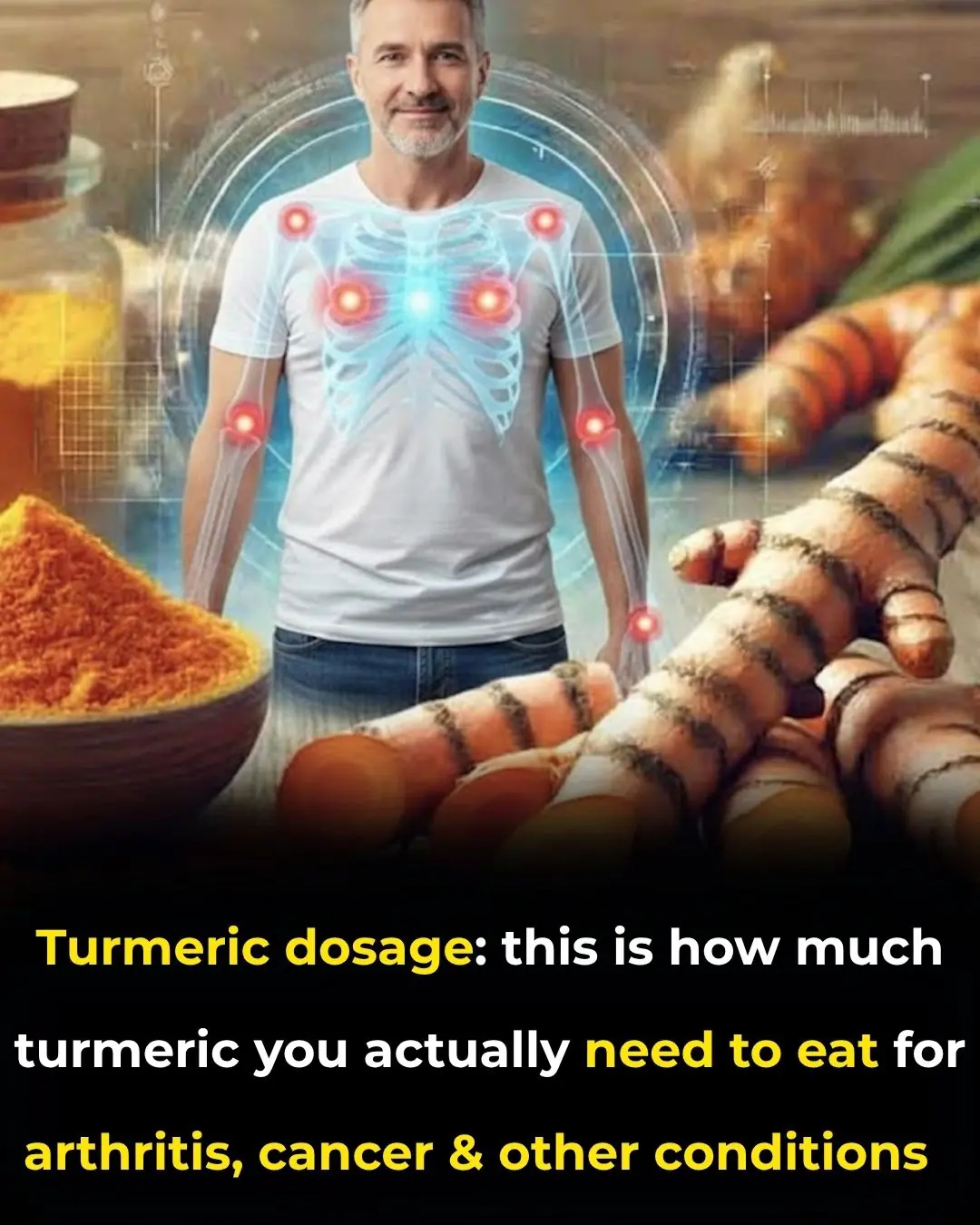
Turmeric dosage: this is how much turmeric you actually need to eat for arthritis, cancer and other diseases
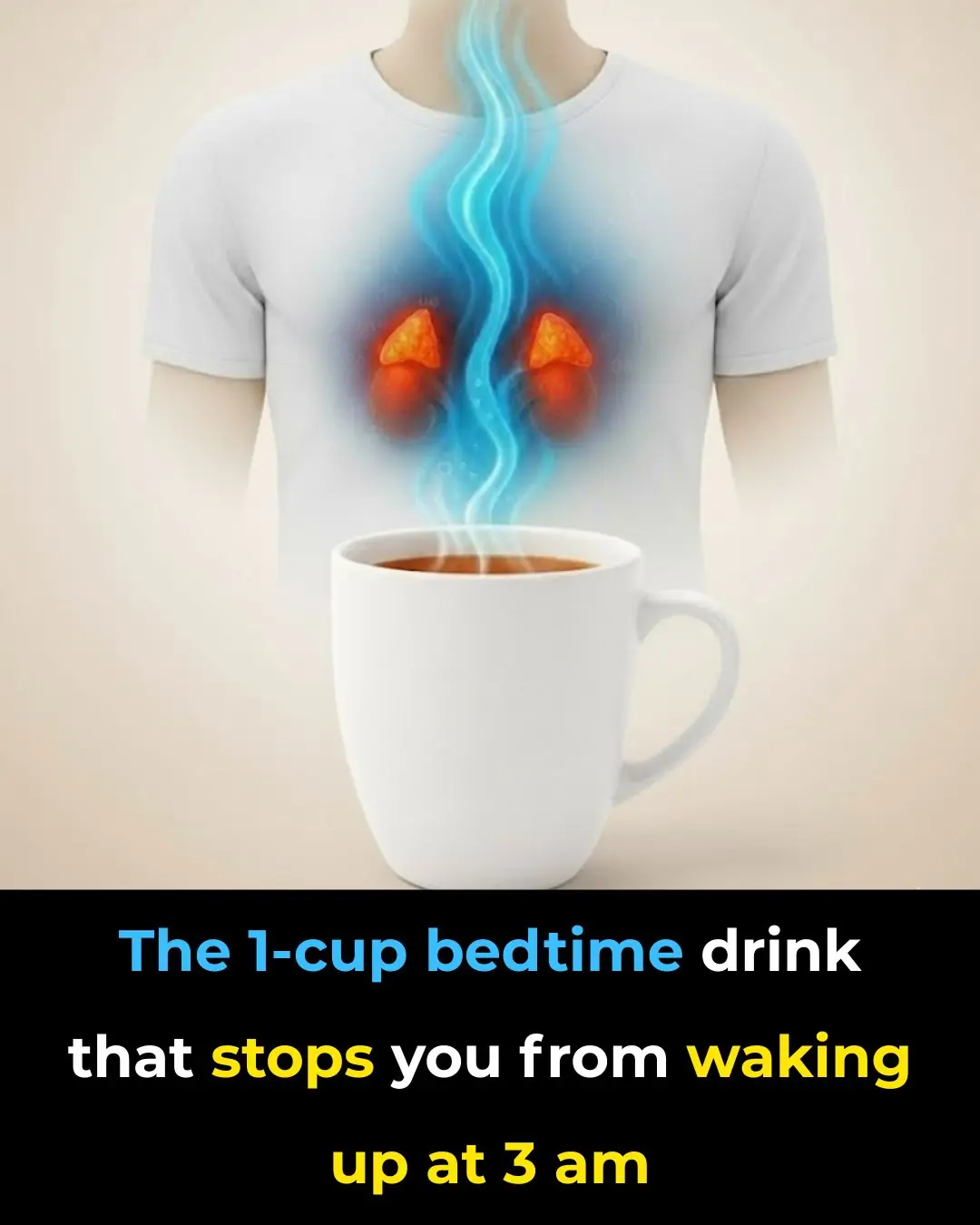
The 1-cup bedtime drink that stops you from waking up at 3 AM

Why Hot Dogs and Processed Meat Might Be the Most Dangerous Foods of All Time
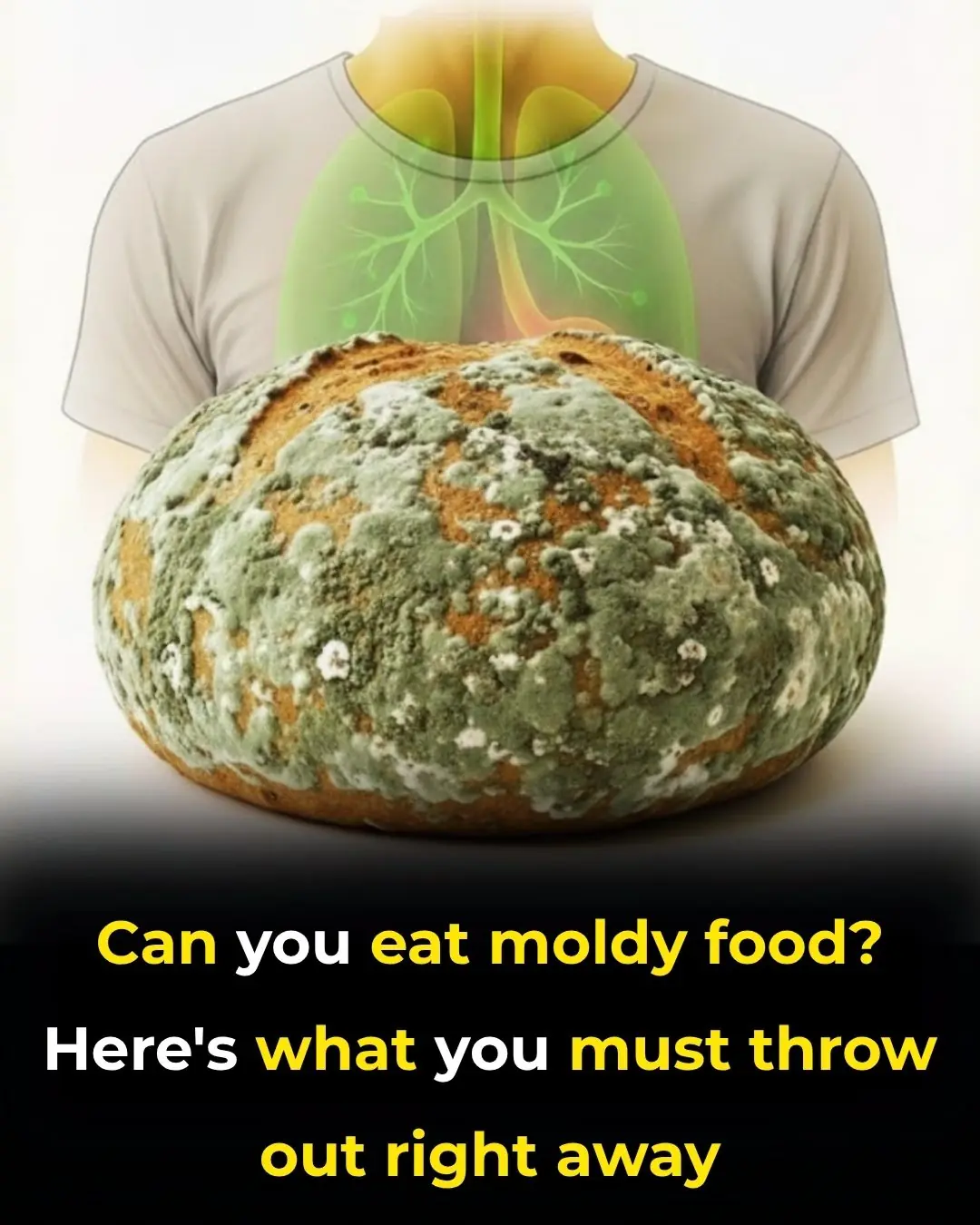
Can you eat moldy food? Here’s what you MUST throw out.
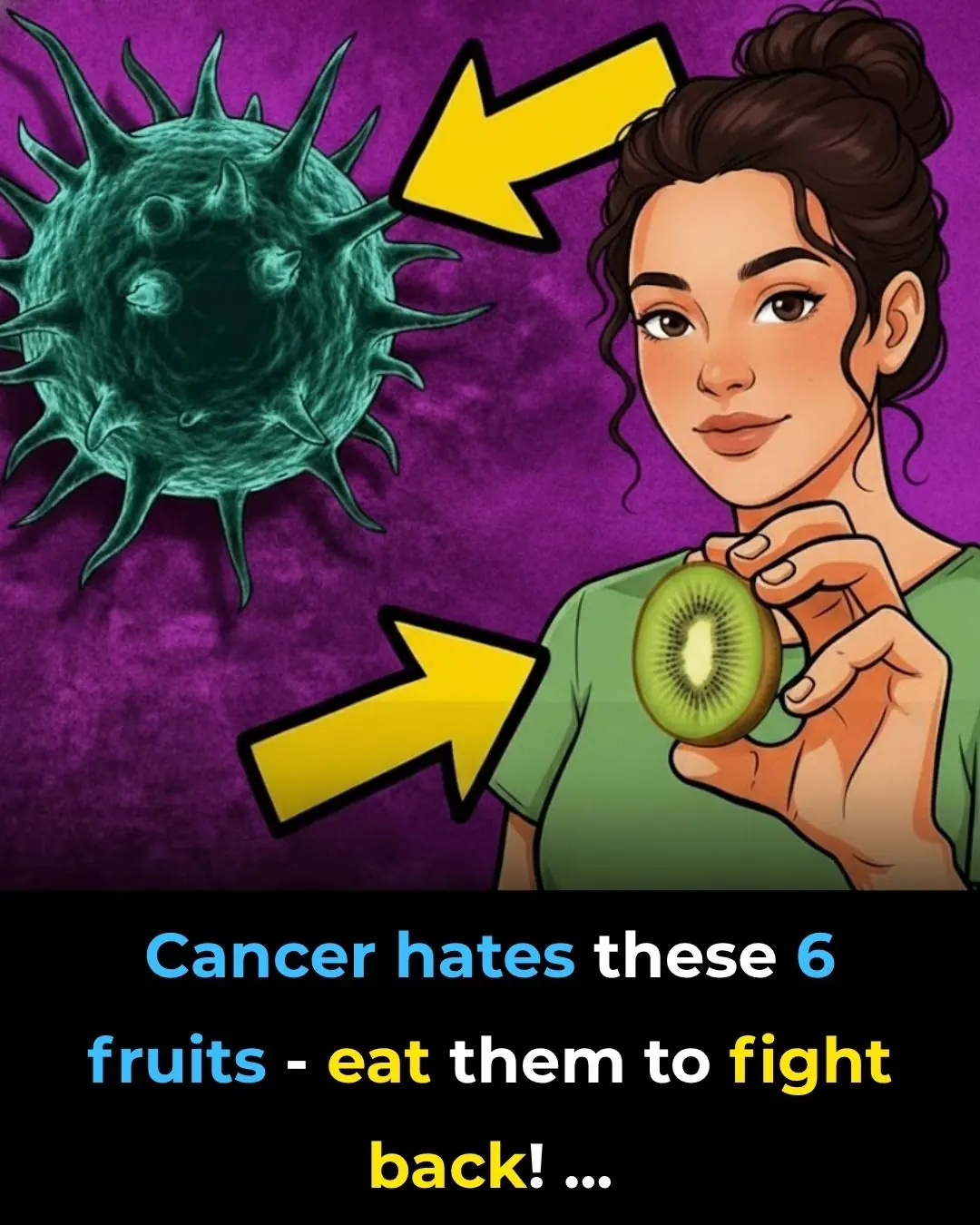
Cancer hates these 6 fruits—eat them to fight back!
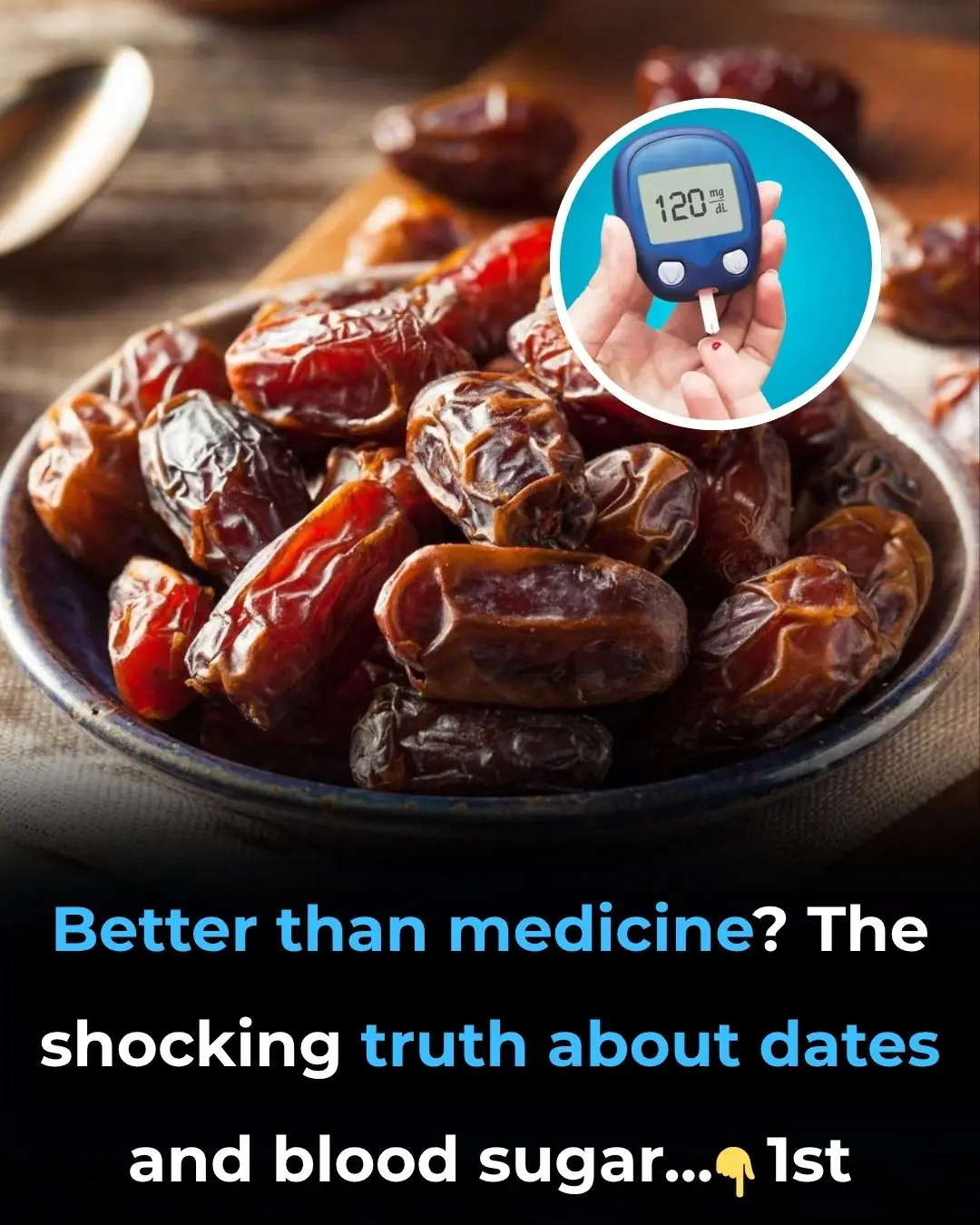
Better Than Medicine? The Shocking Truth About Dates & Blood Sugar!
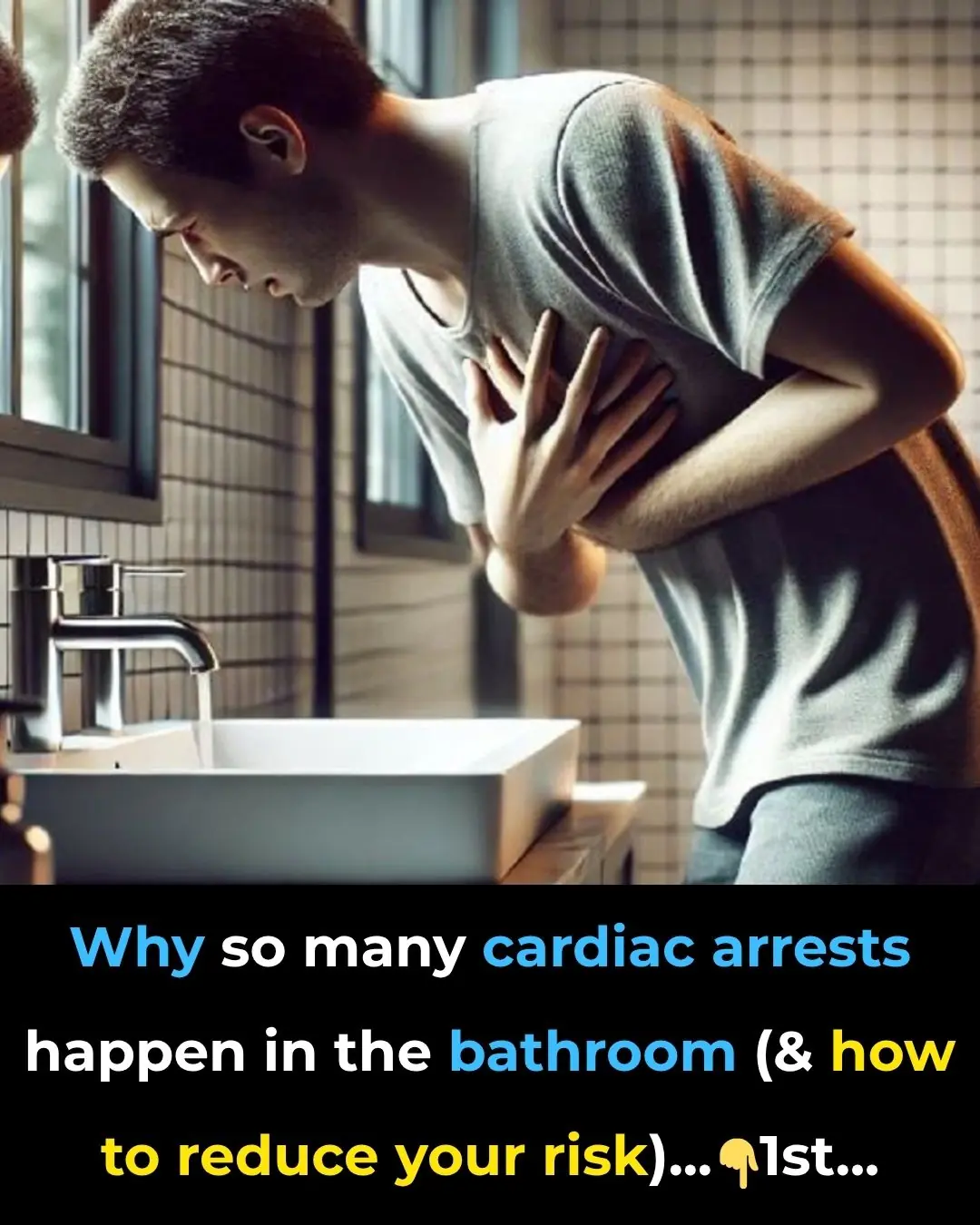
4 Reasons Why Cardiac Arrests Happen in The Bathroom

4 Unusual Eye Symptoms That May Signal Cancer — Often Overlooked by Many
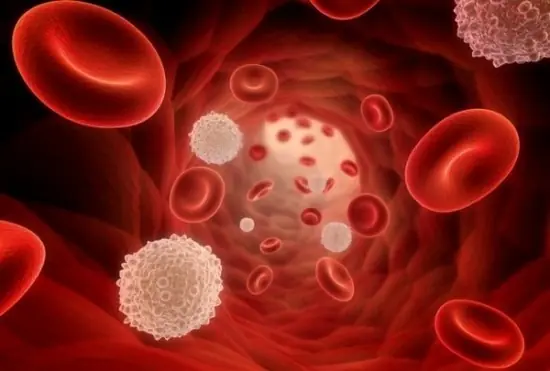
5 Things You Should Never Do in the Morning If You Want to Stay Healthy and Prevent Cancer
News Post
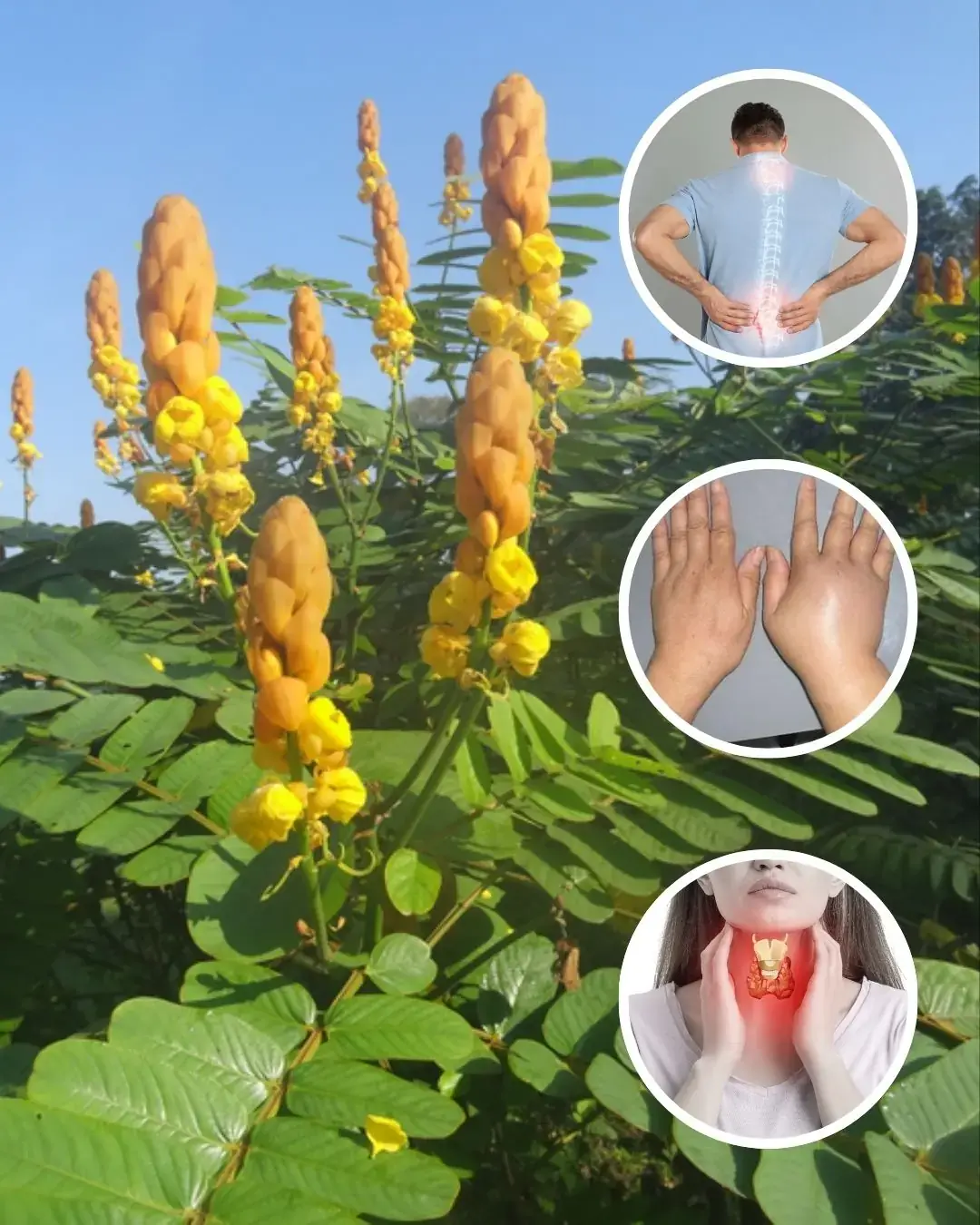
Senna Alexandrina: 7 Benefits and uses
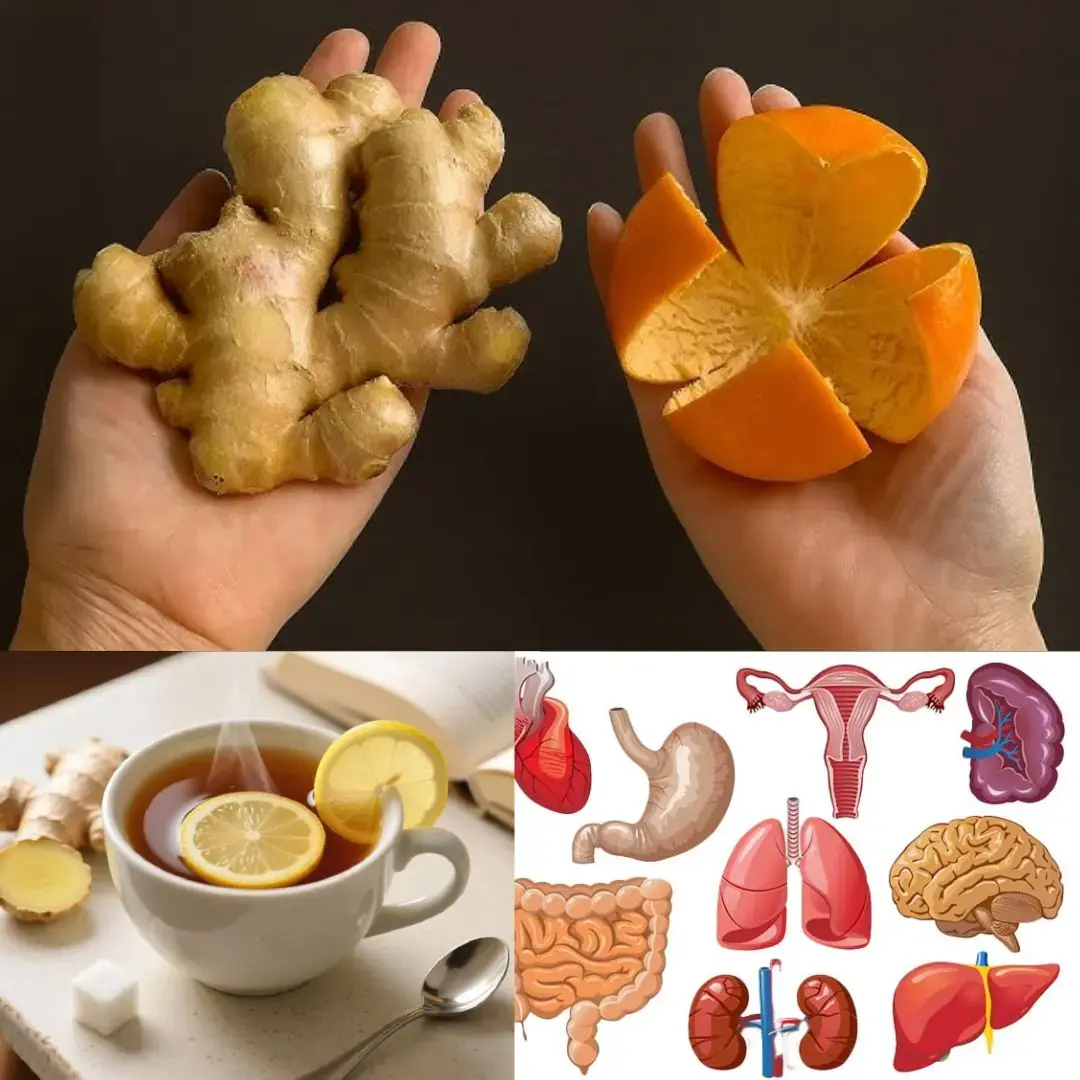
Ginger and Orange Detox Drink – Cleanse Kidneys, Liver, and Lungs Naturally

The Purple Maguey Plant — Benefits and Traditional Uses
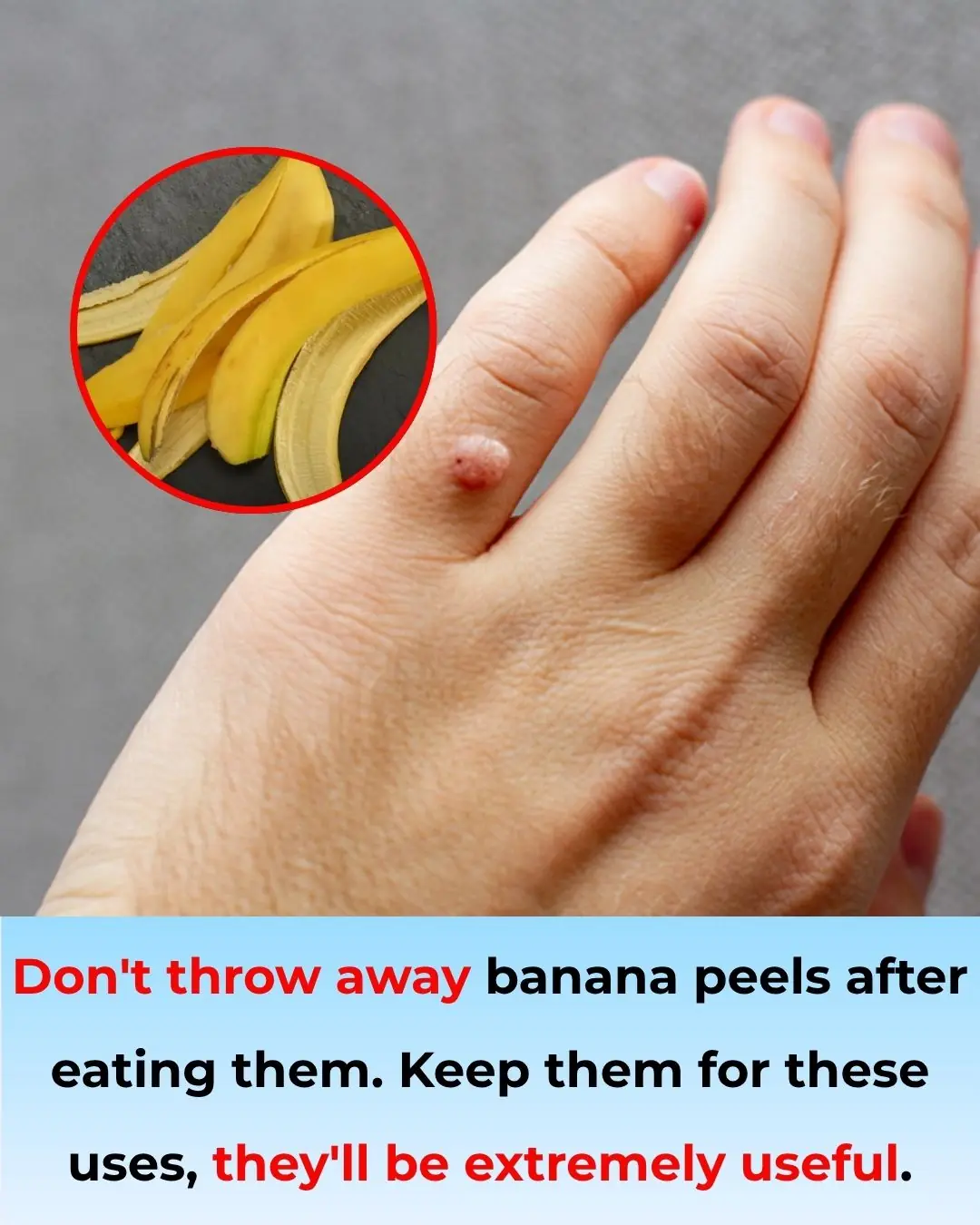
Don’t Throw Away Banana Peels! Keep Them for These Surprisingly Useful Purposes
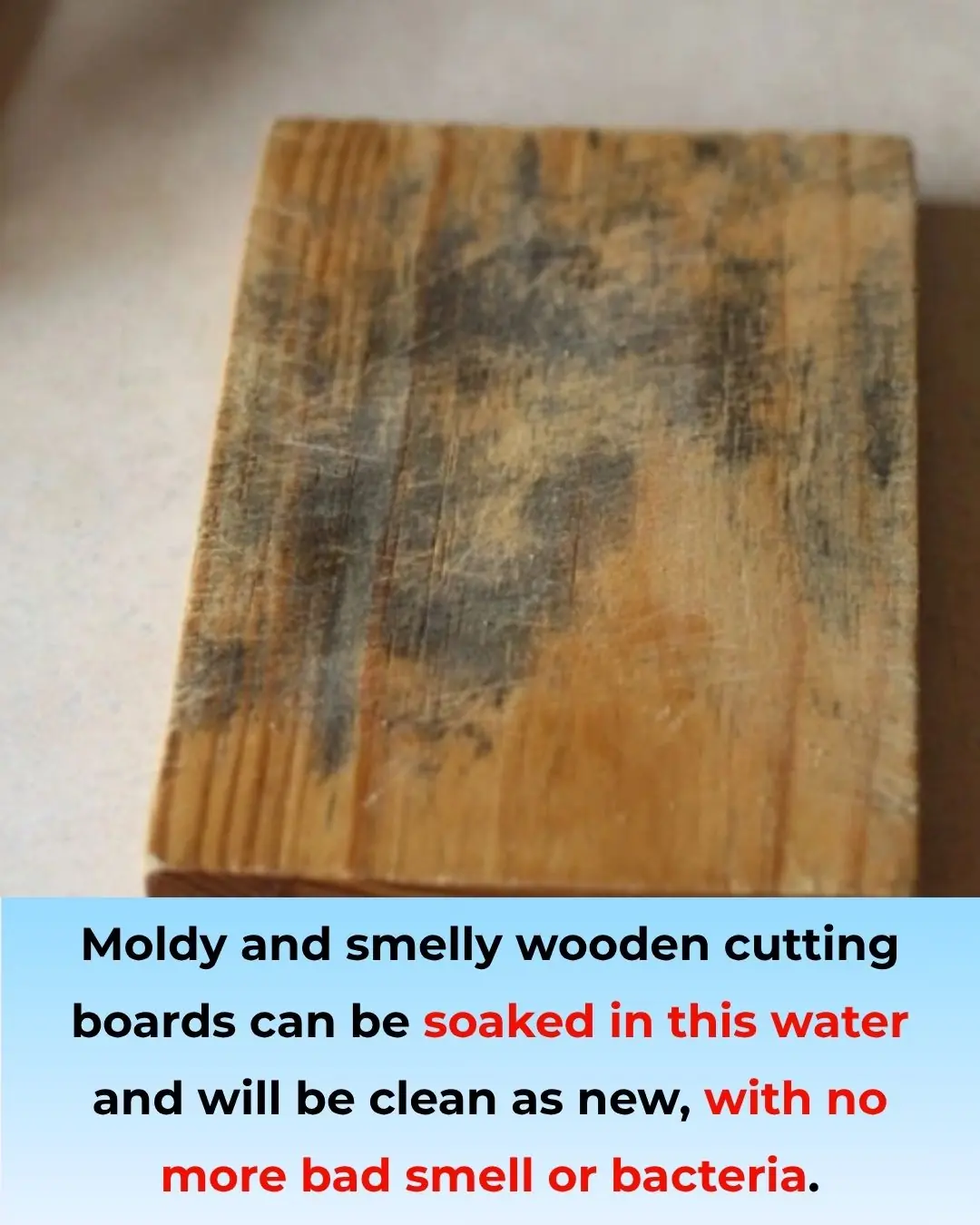
Wooden Cutting Board Mold and Odor? Soak It in This “Solution” and It Will Be Spotless
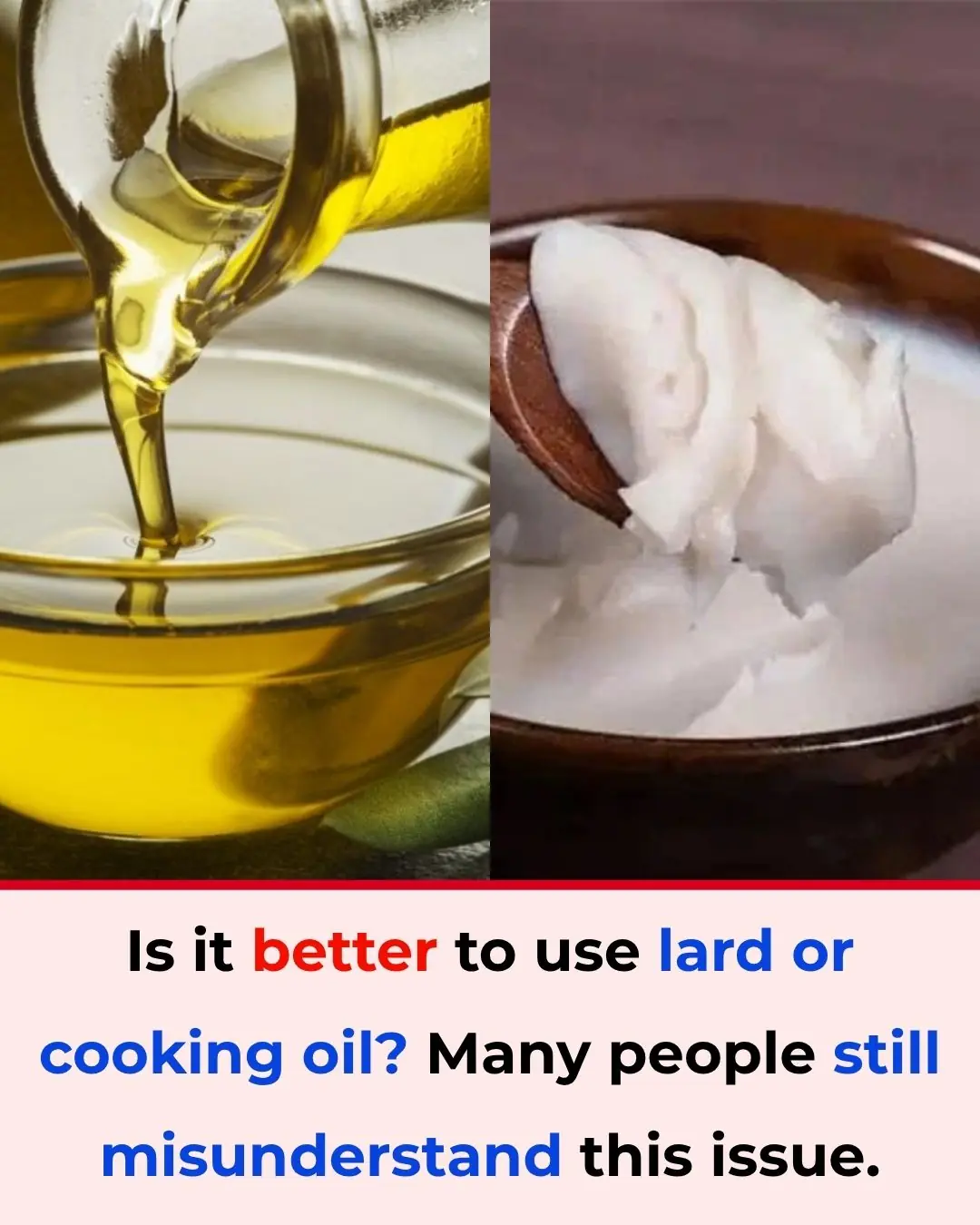
Lard or Vegetable Oil: Which Is Better? Many People Still Misunderstand This Common Cooking Question
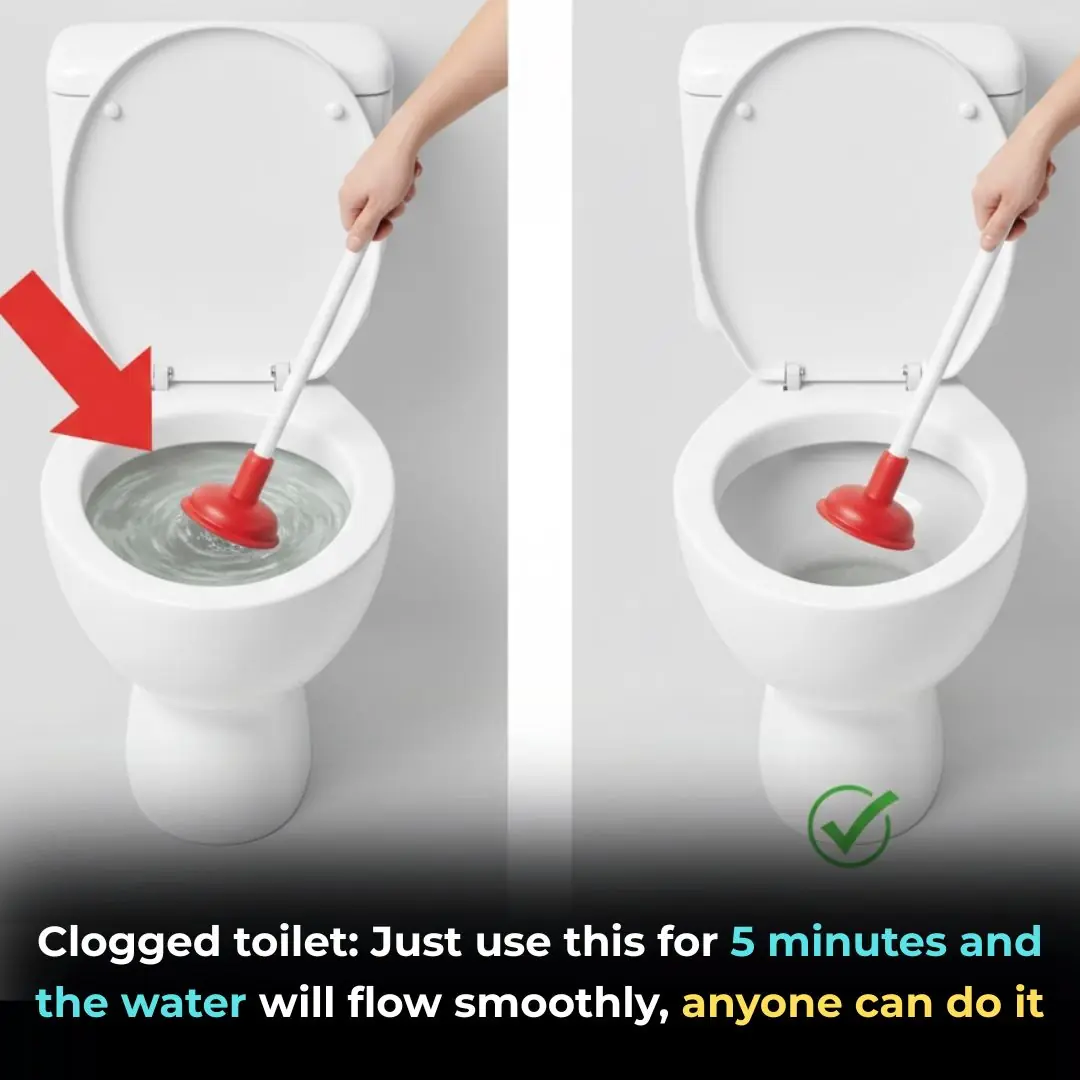
Clogged Toilet? Try This Simple Trick and It’ll Flush Smoothly in Just 5 Minutes — No Plumber Needed

Air Conditioner Blows Air but Doesn’t Cool? Try This Simple Fix Before Calling a Technician
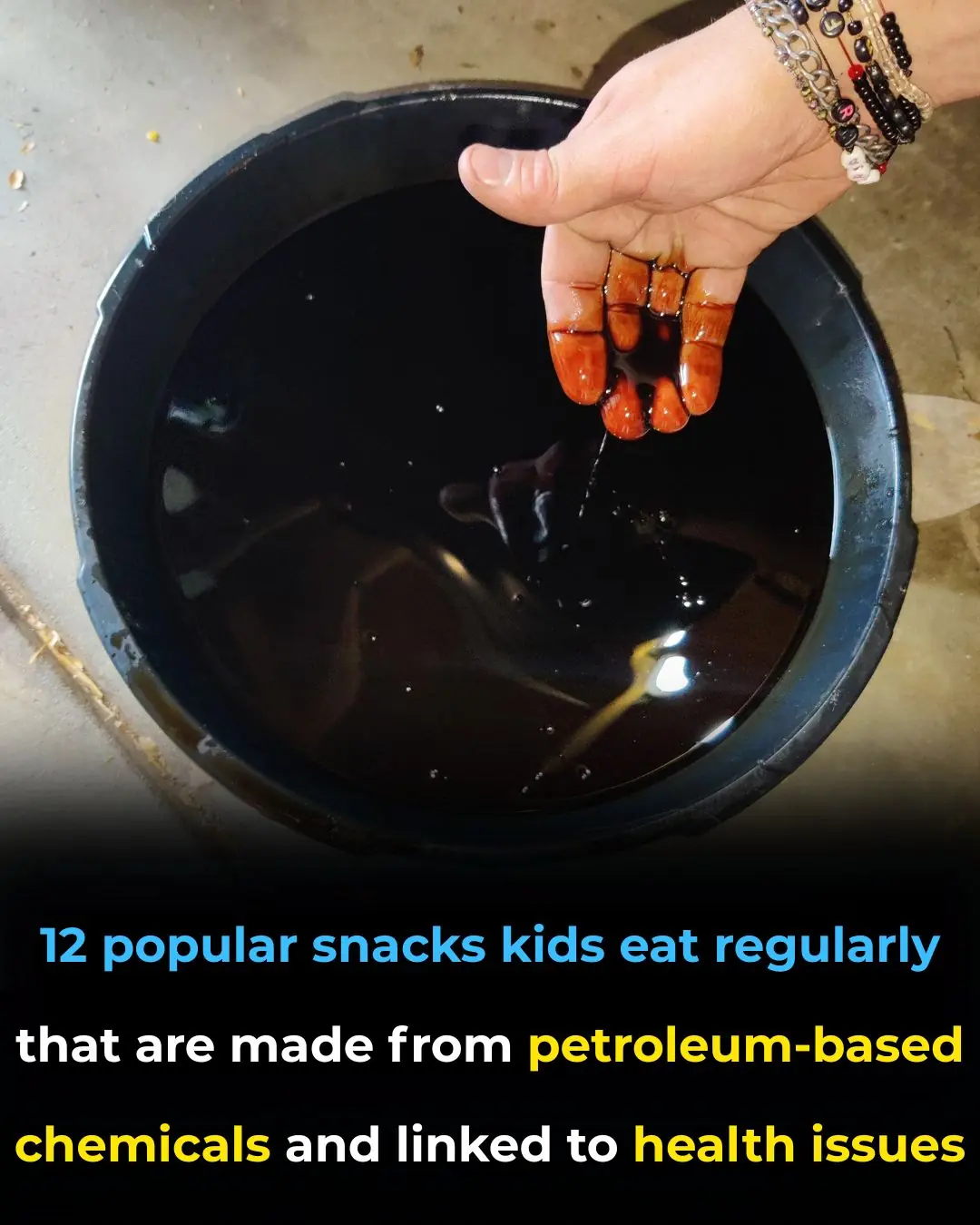
I had no idea about this
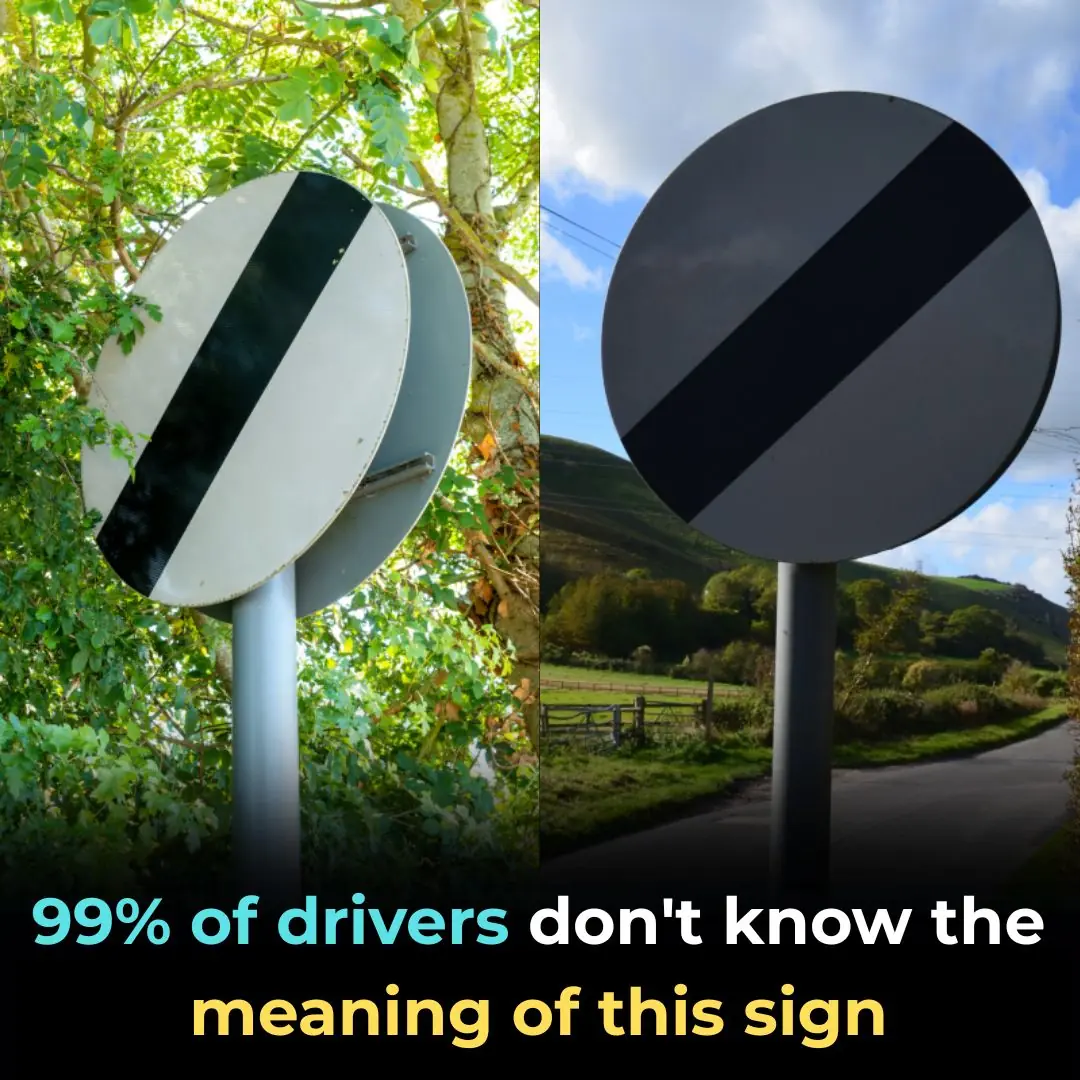
Majority Don’t Know What This Sign Means
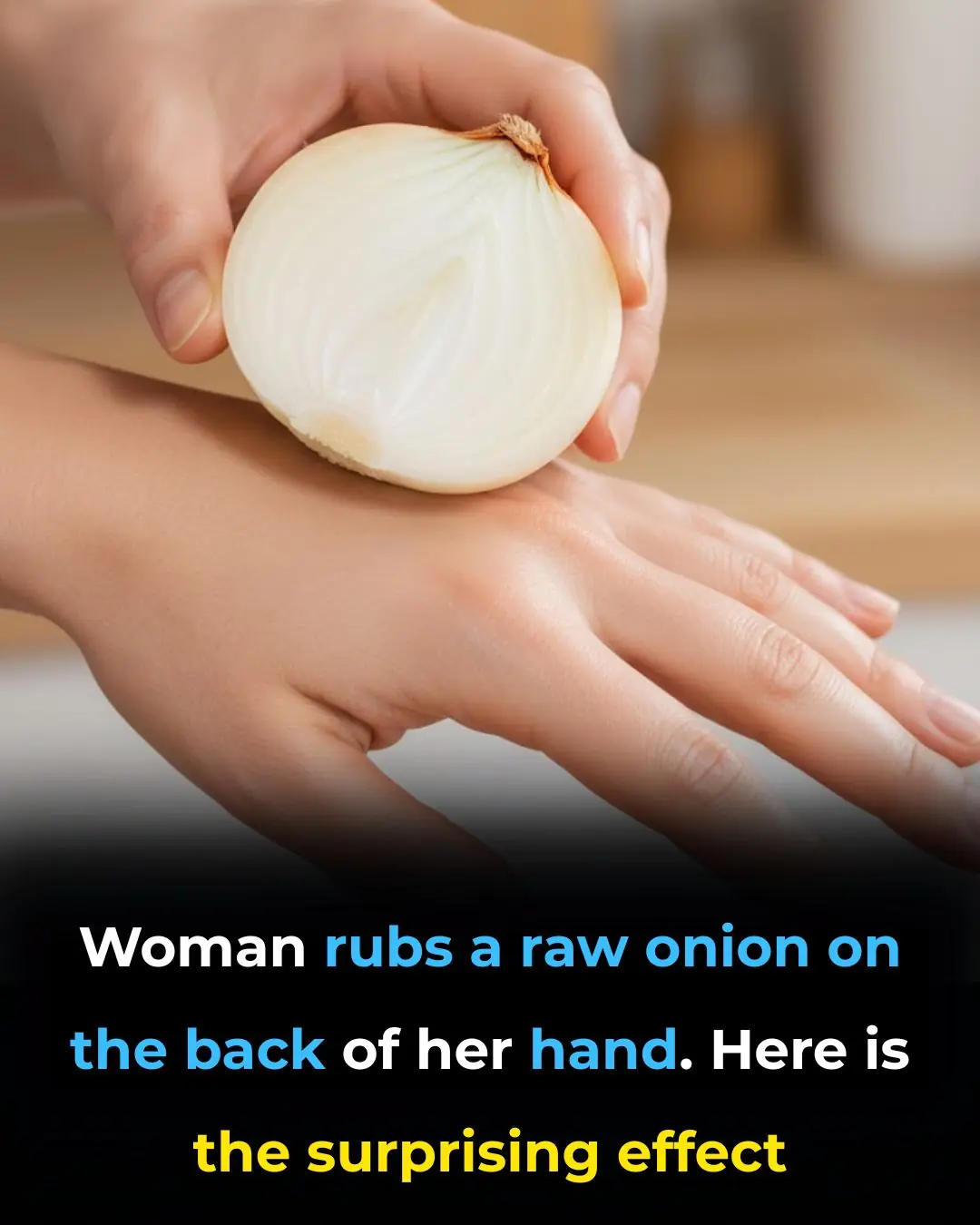
I had no clue about this
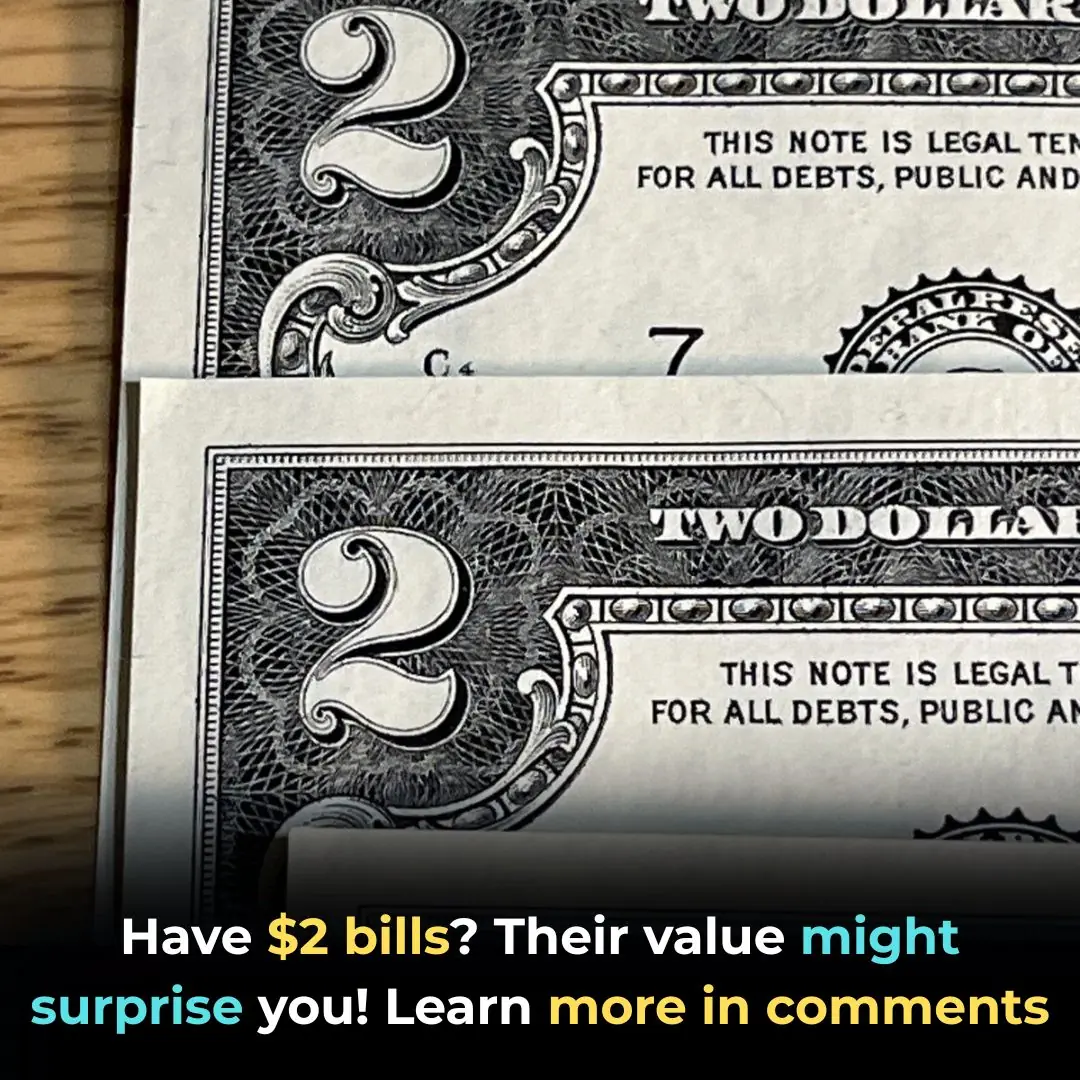
Have $2 bills? Their value might surprise you!
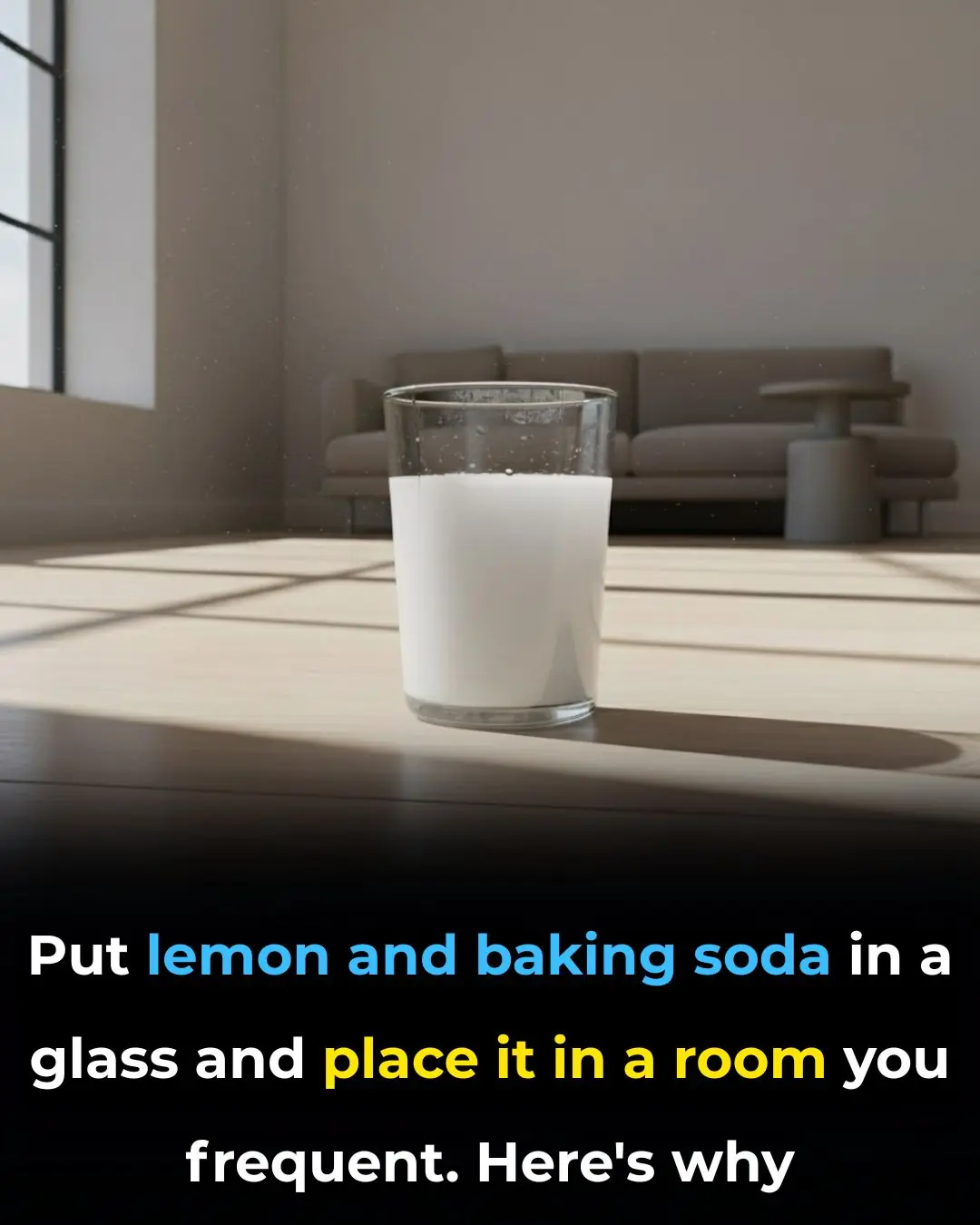
Put lemon and baking soda in a glass and place it in a room you frequent. Here’s why
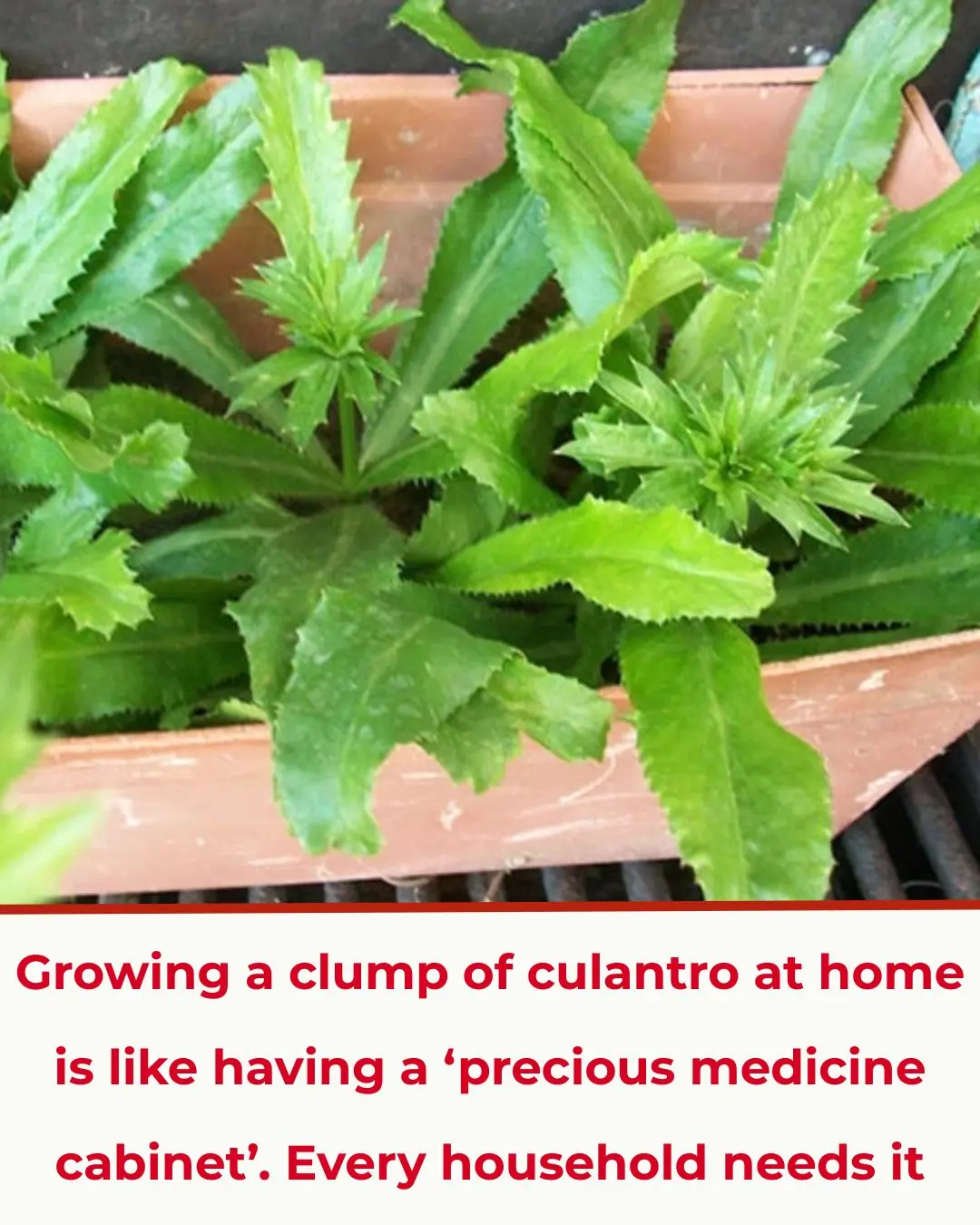
You’re Doing It All Wrong: Here’s the Right Time to Pick Tomatoes
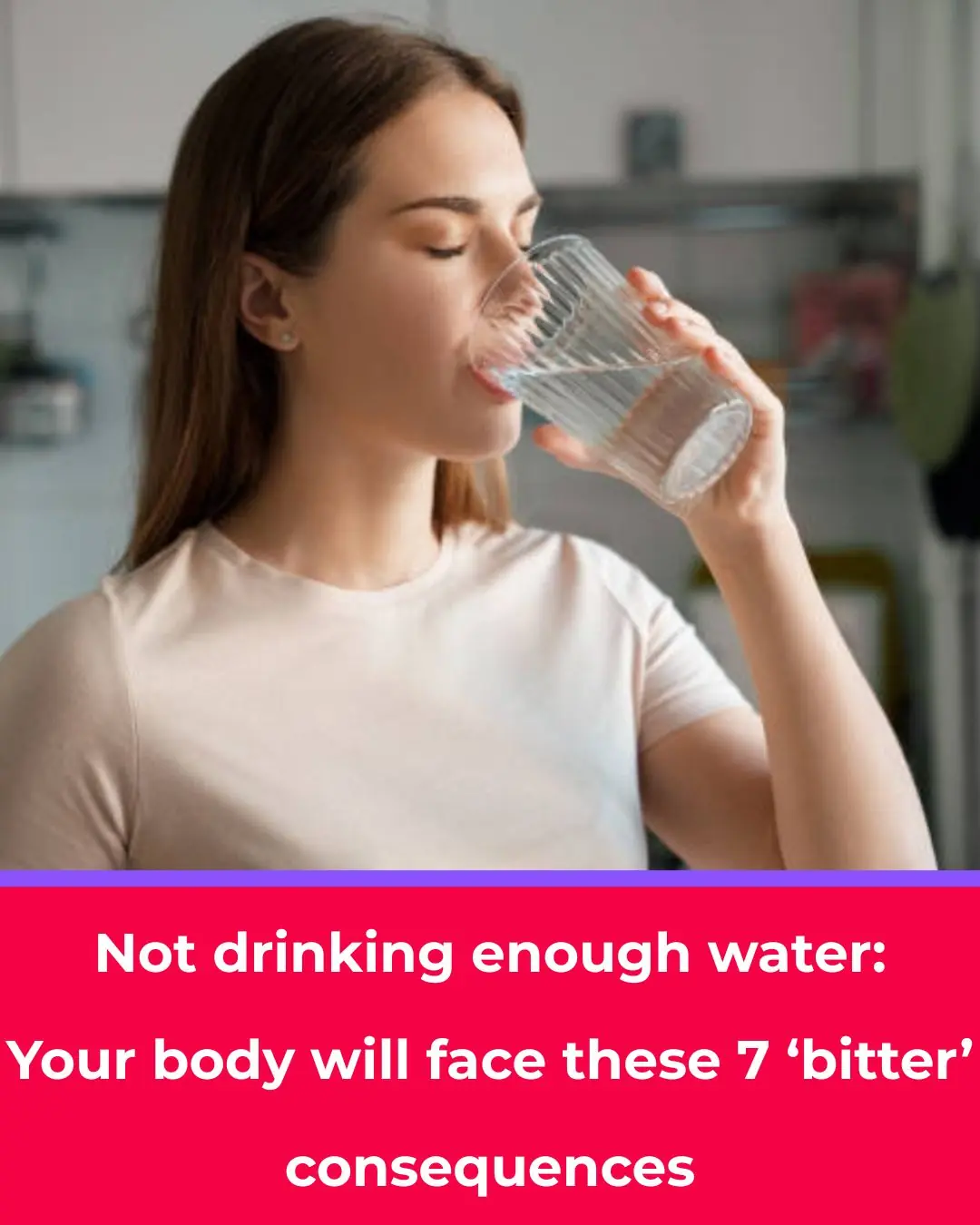
7 Health Problems That Can Arise If You’re Lazy About Drinking Water
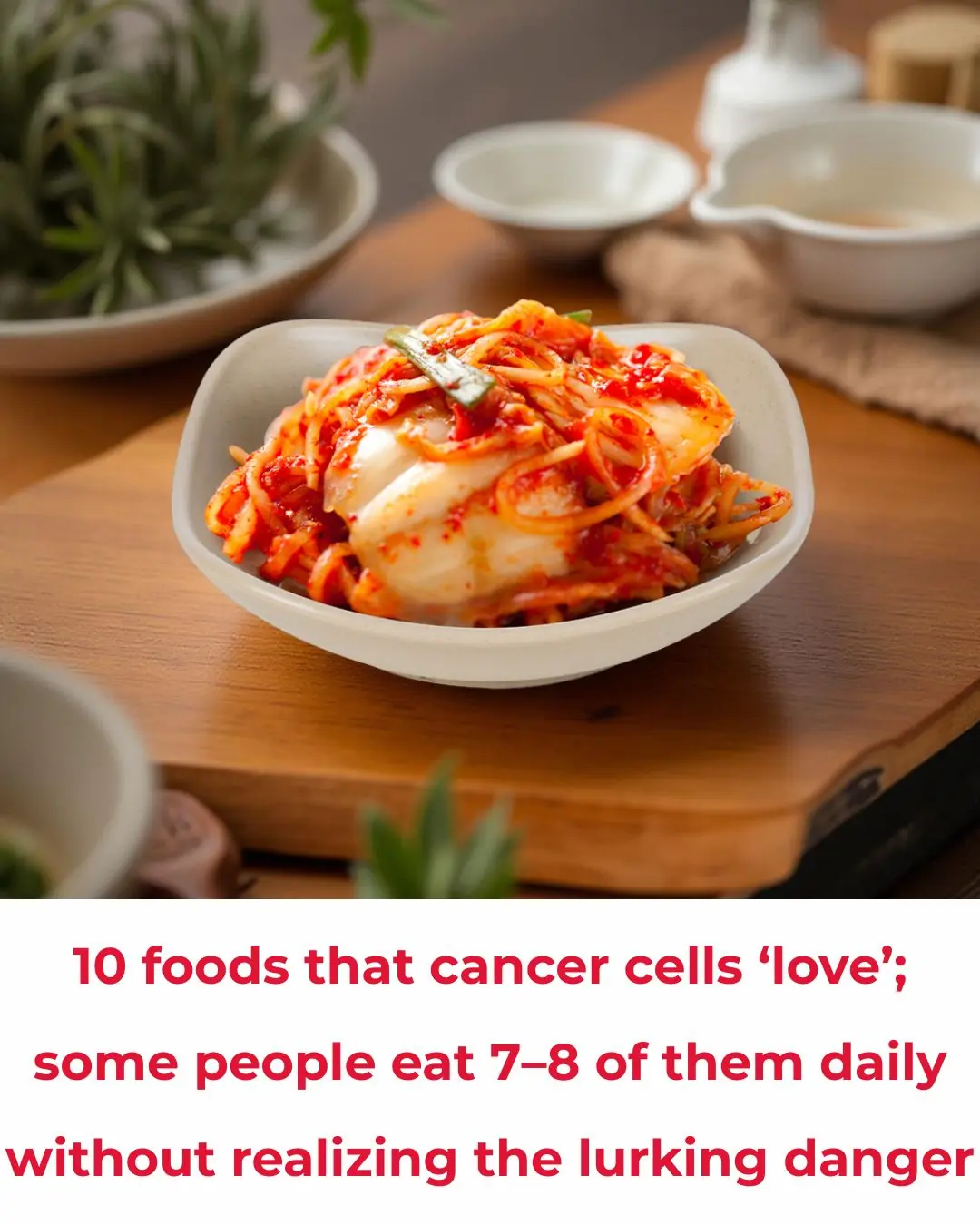
10 Foods Cancer Cells “Love” – and Why Eating Them Daily Could Be Risky
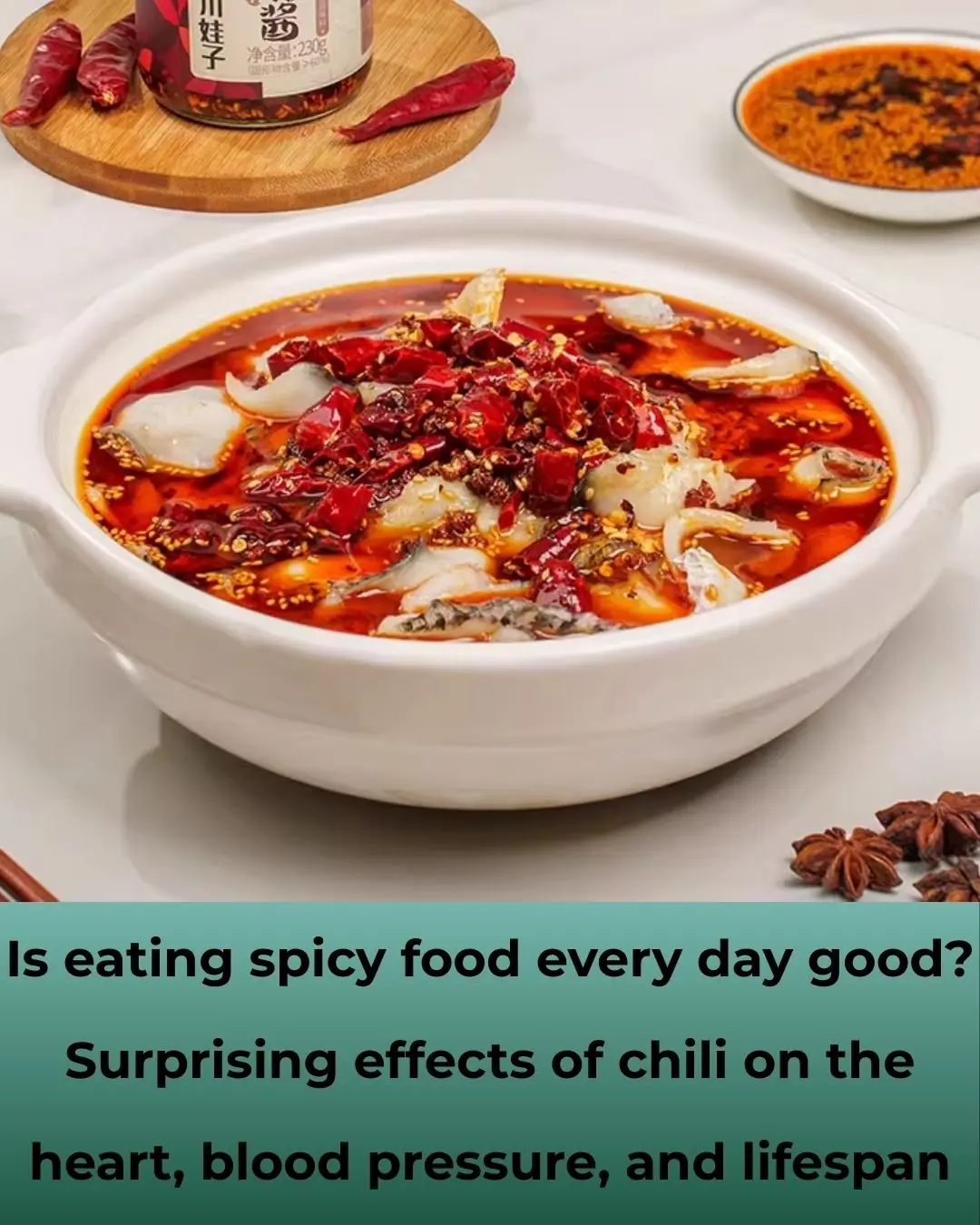
Is Eating Spicy Food Every Day Good for You? Surprising Effects of Chili on the Heart, Blood Pressure, and Longevity

If You’re a Gardener, Here’s Why You Should Collect as Many Pine Cones as You Can

You’re Doing It All Wrong. Here’s the Right Time to Actually Pick Tomatoes
